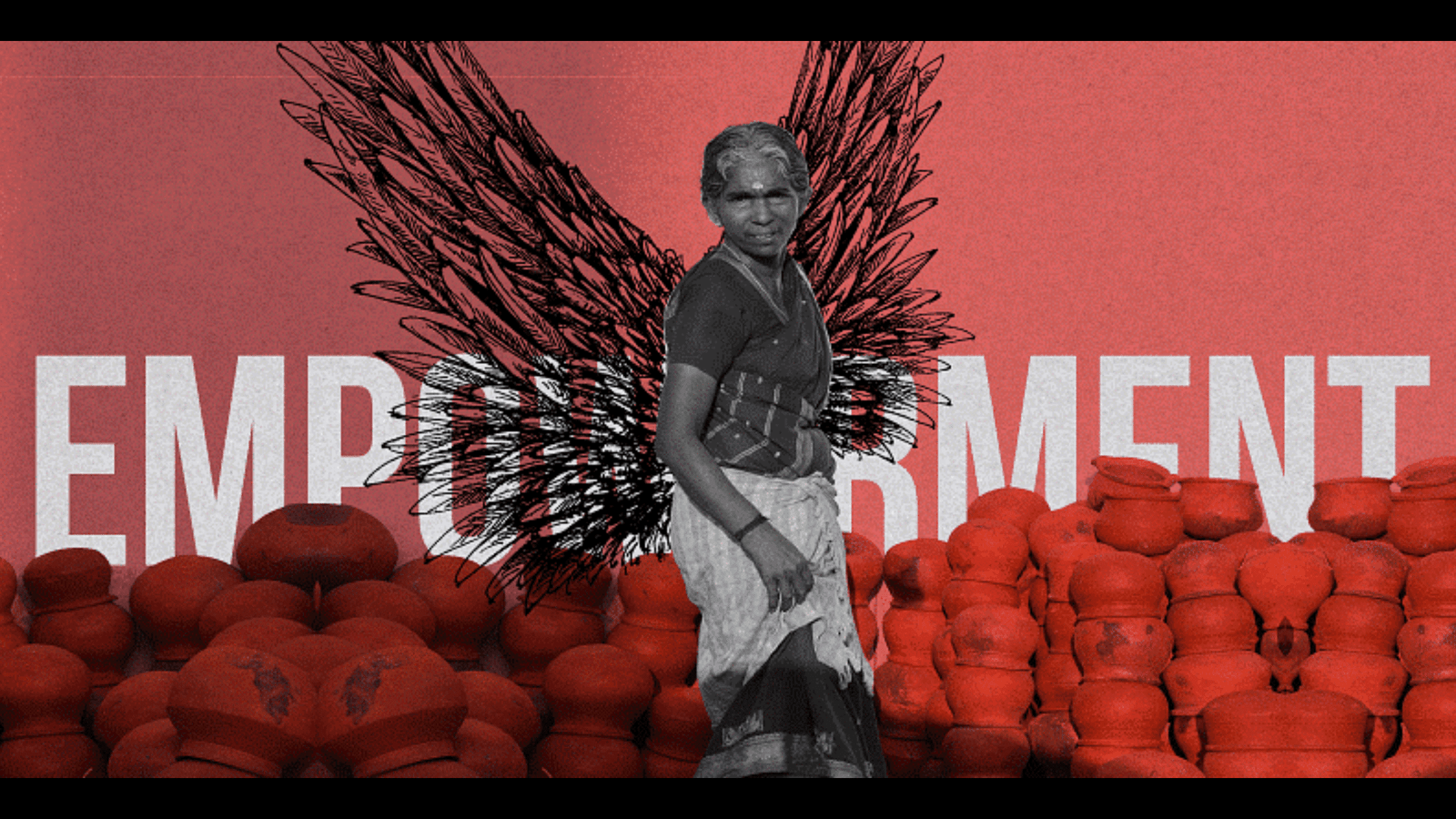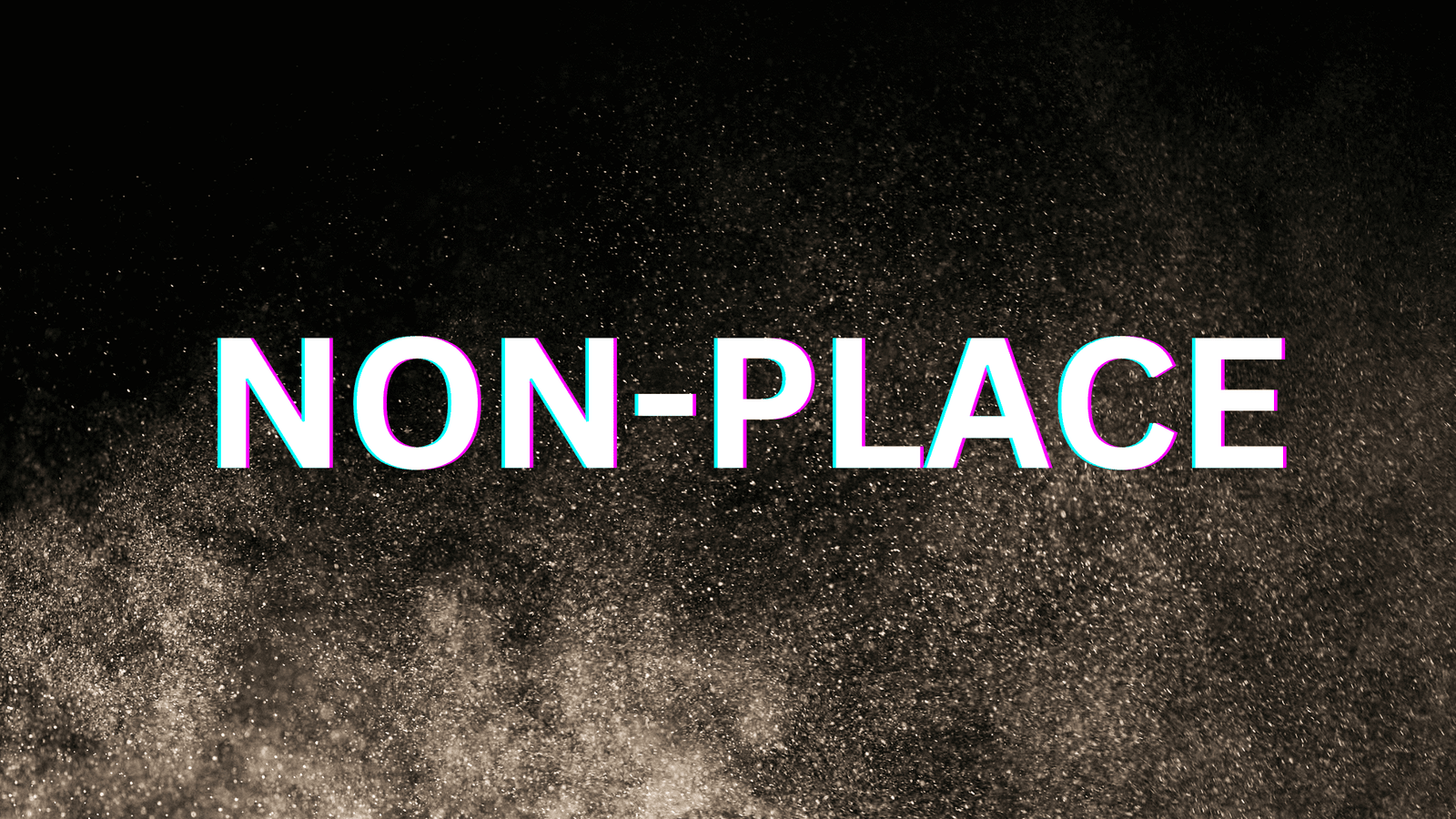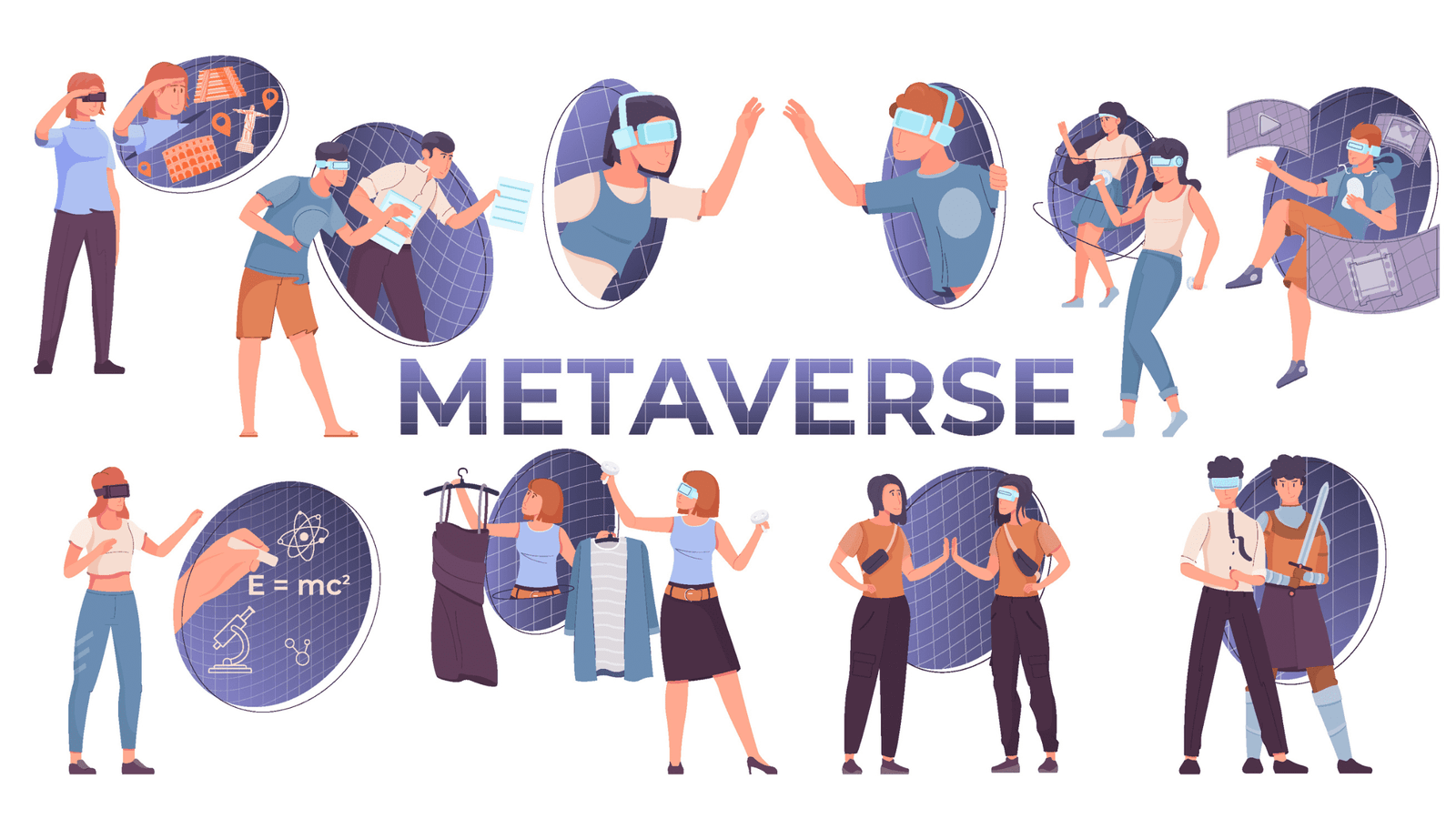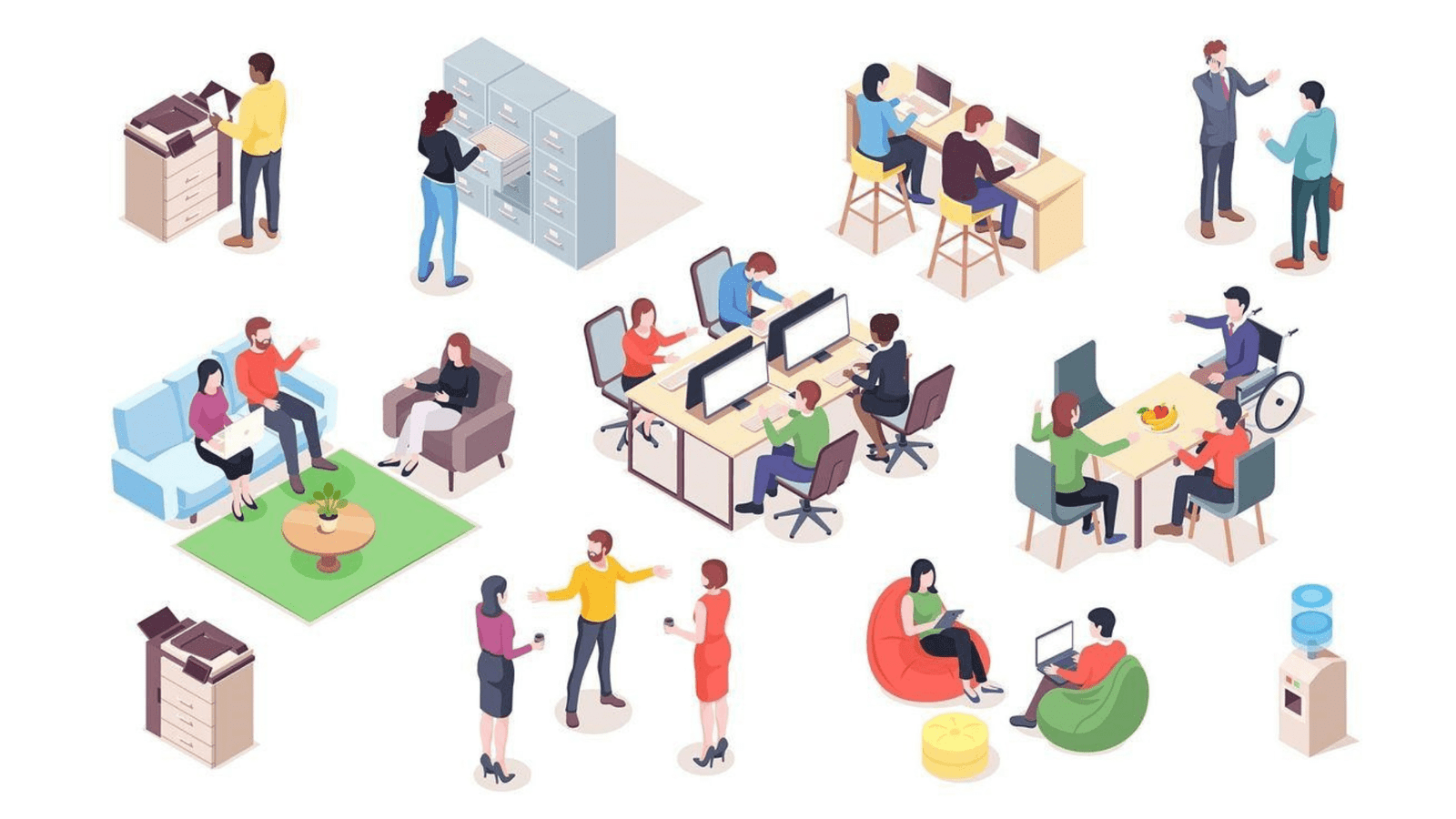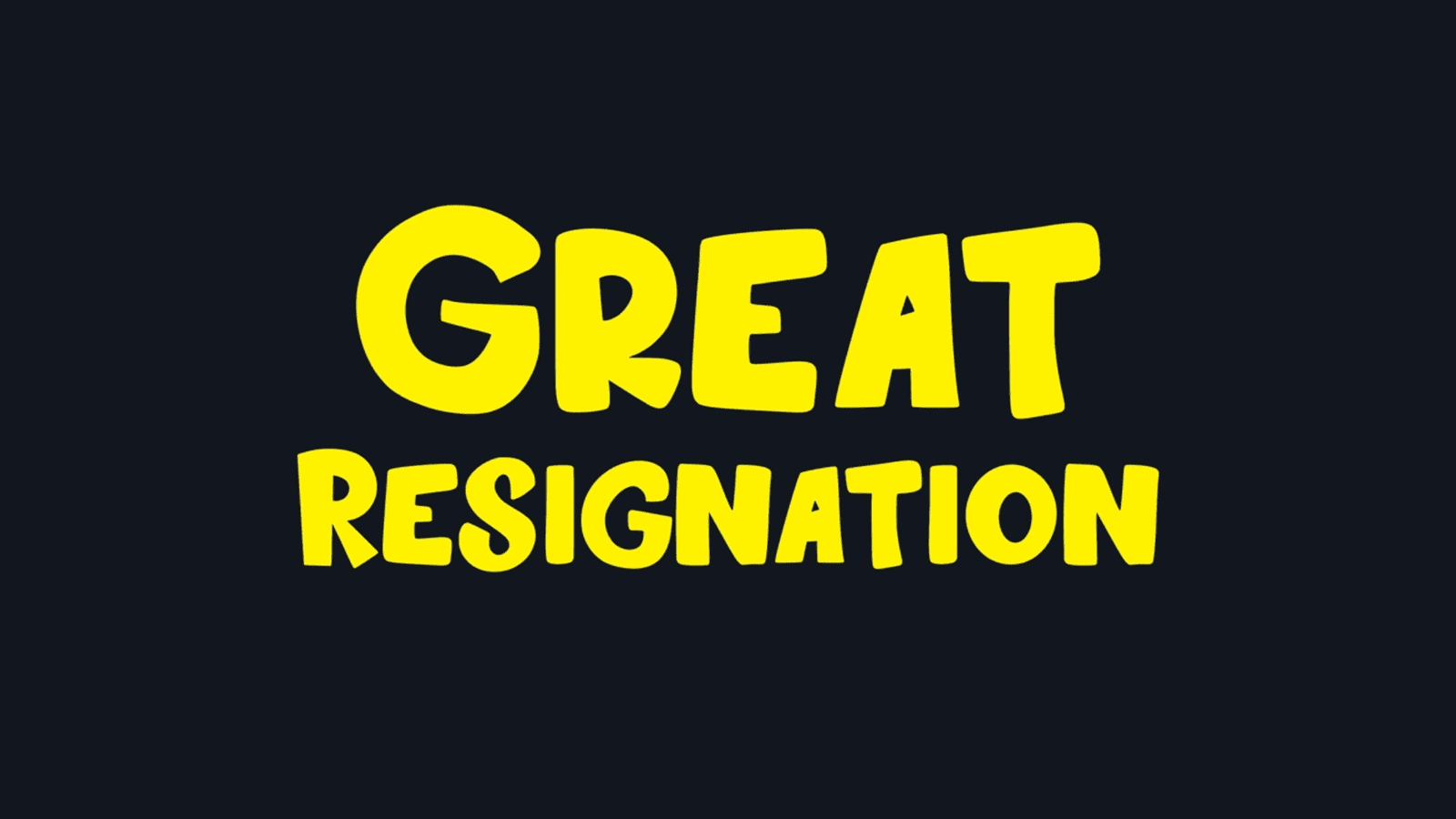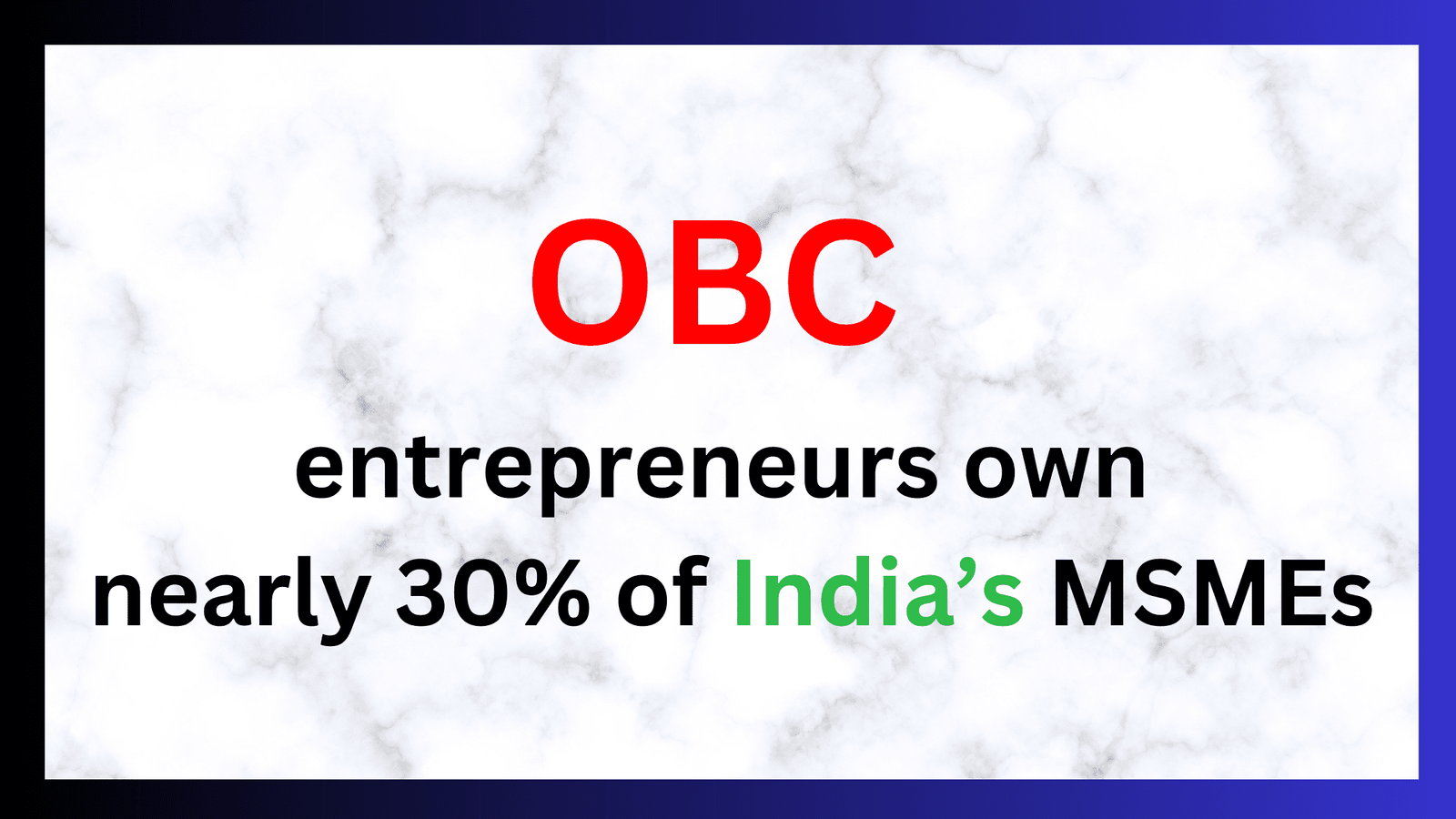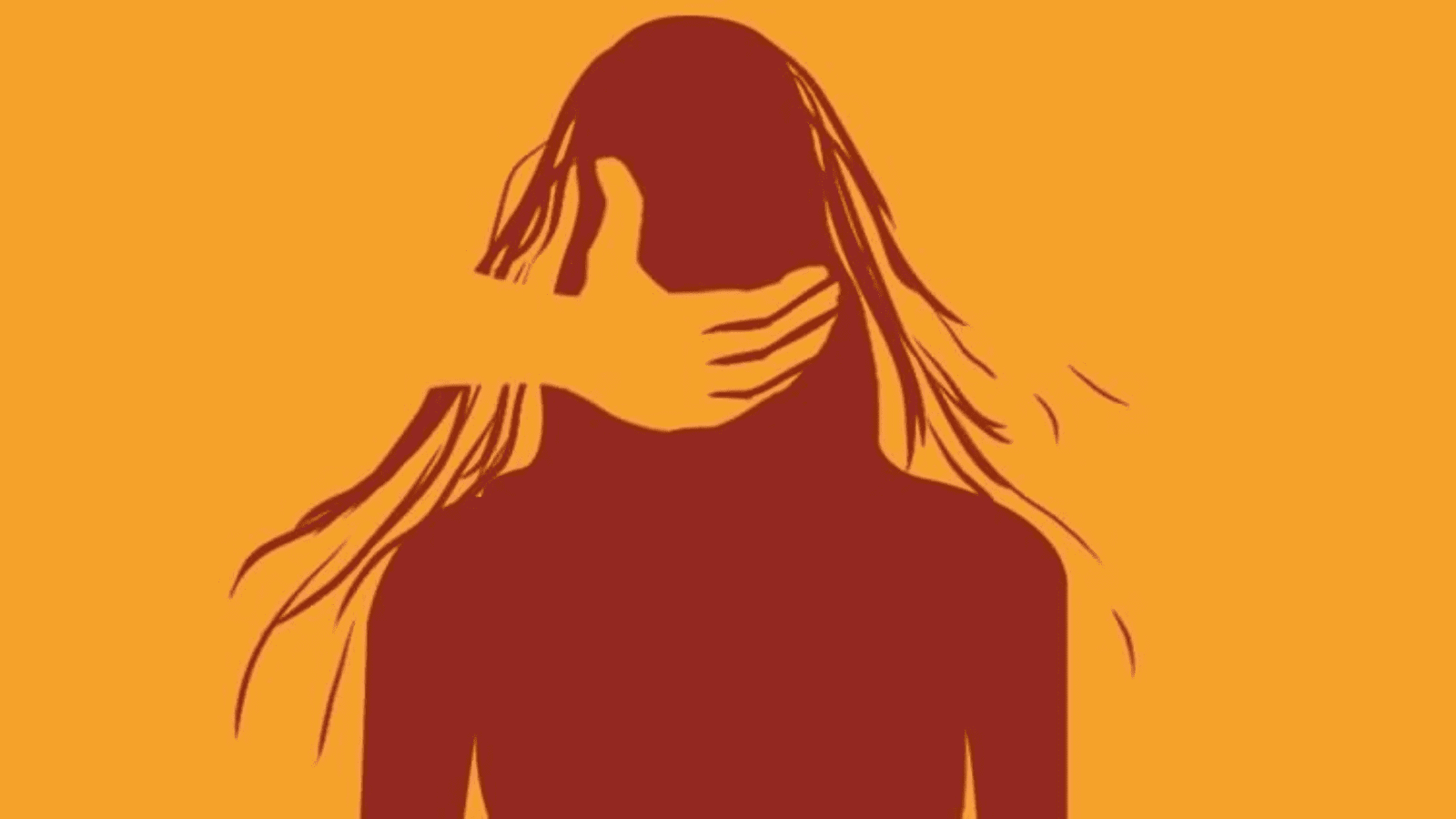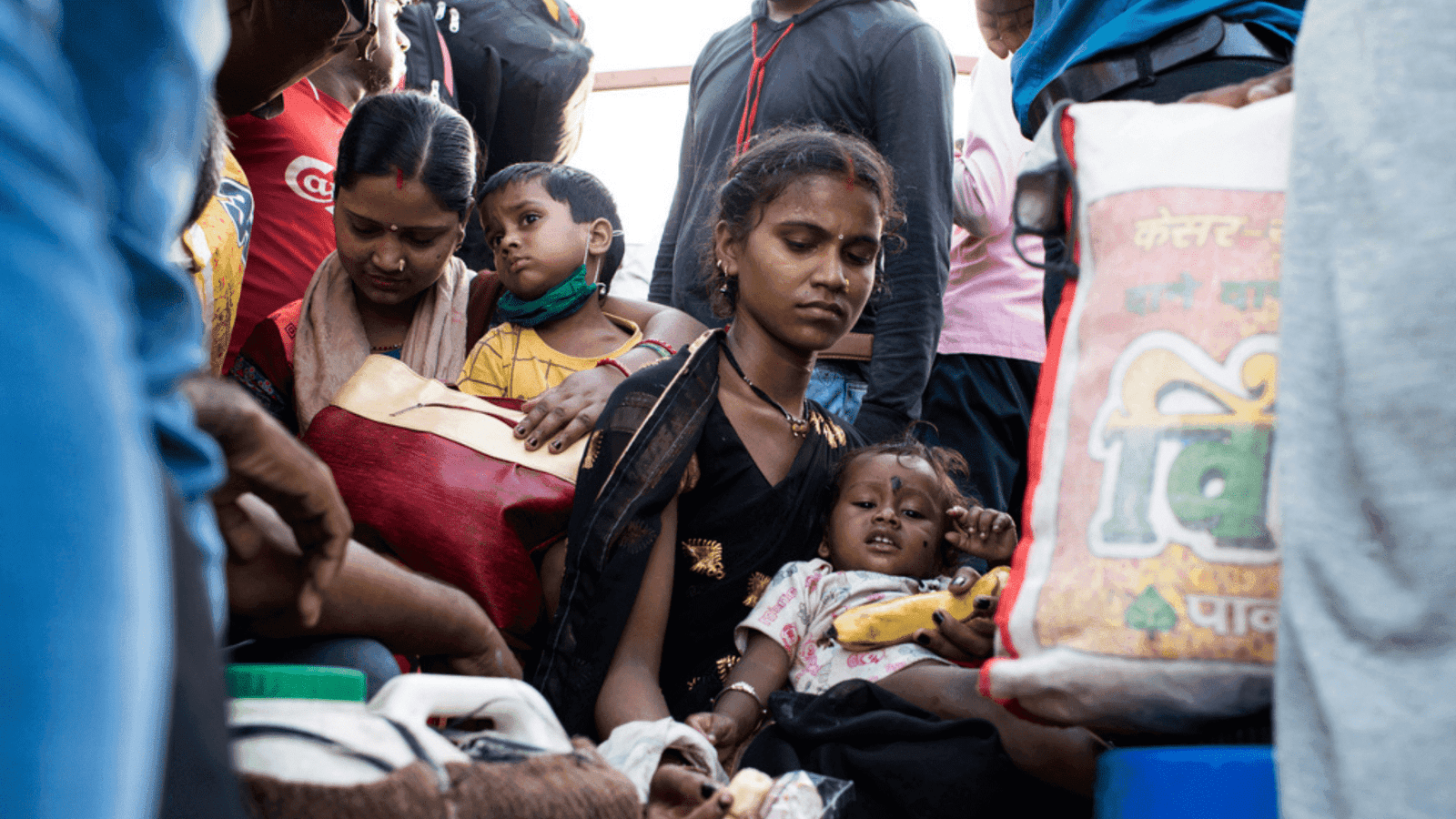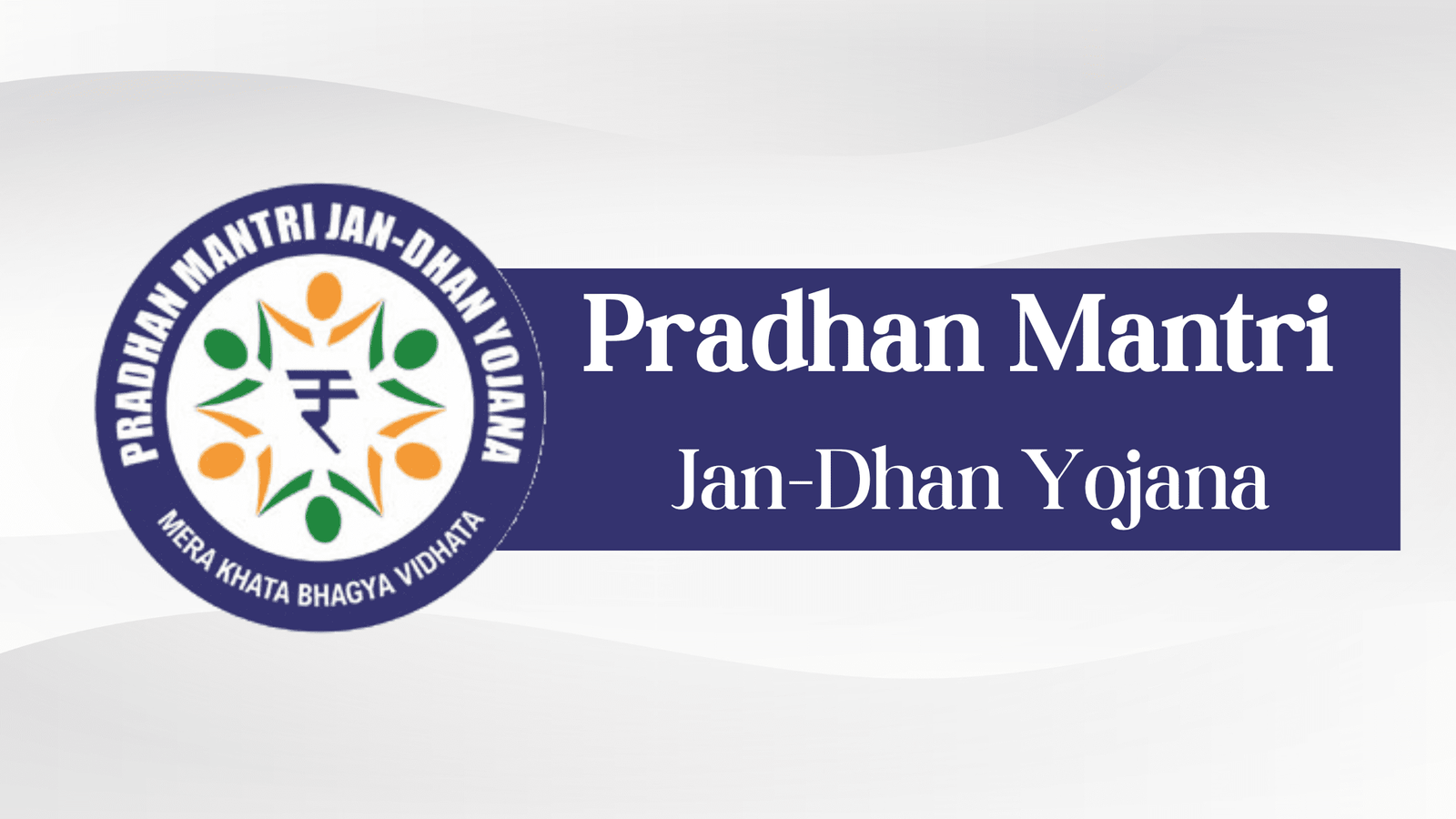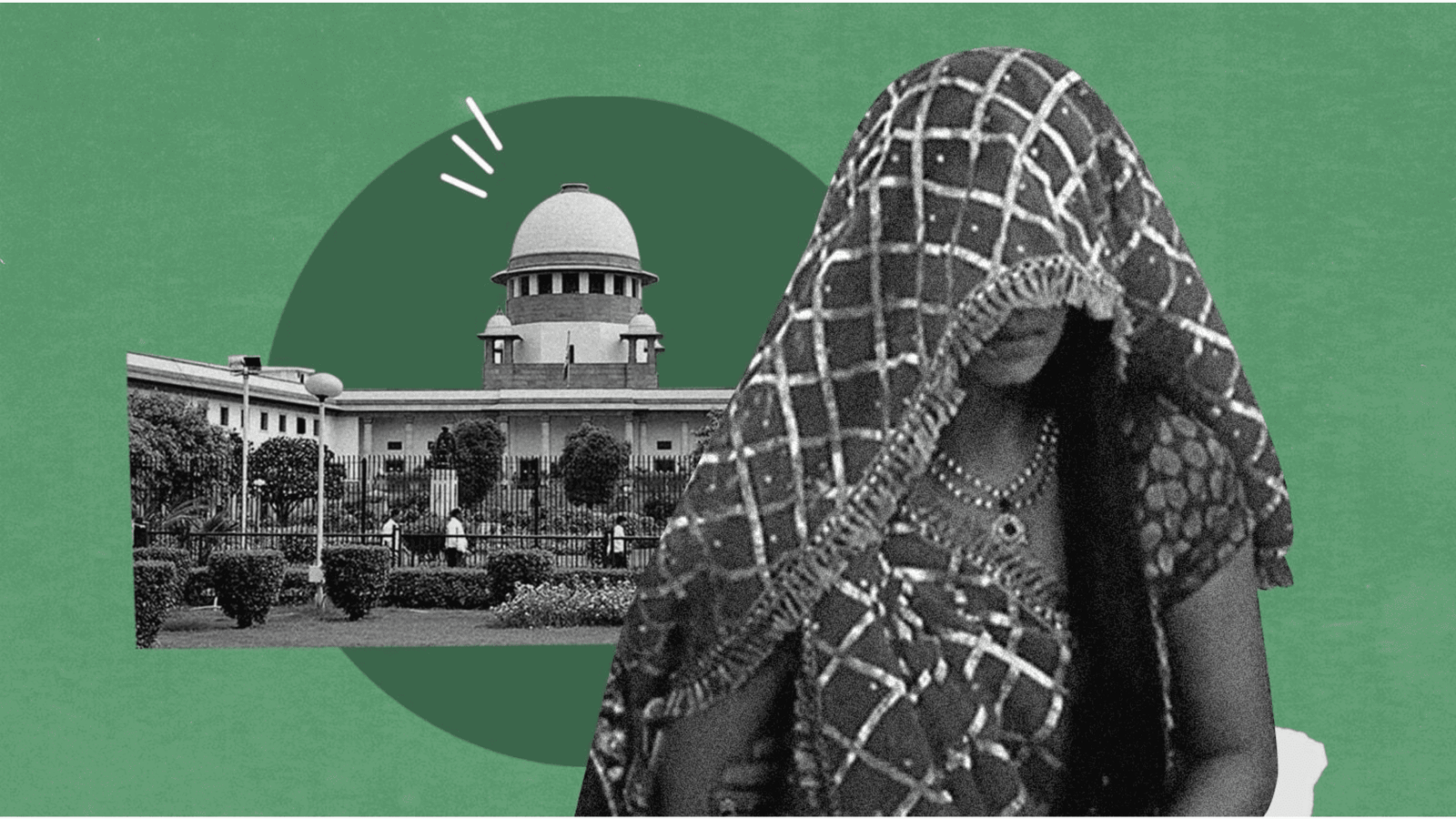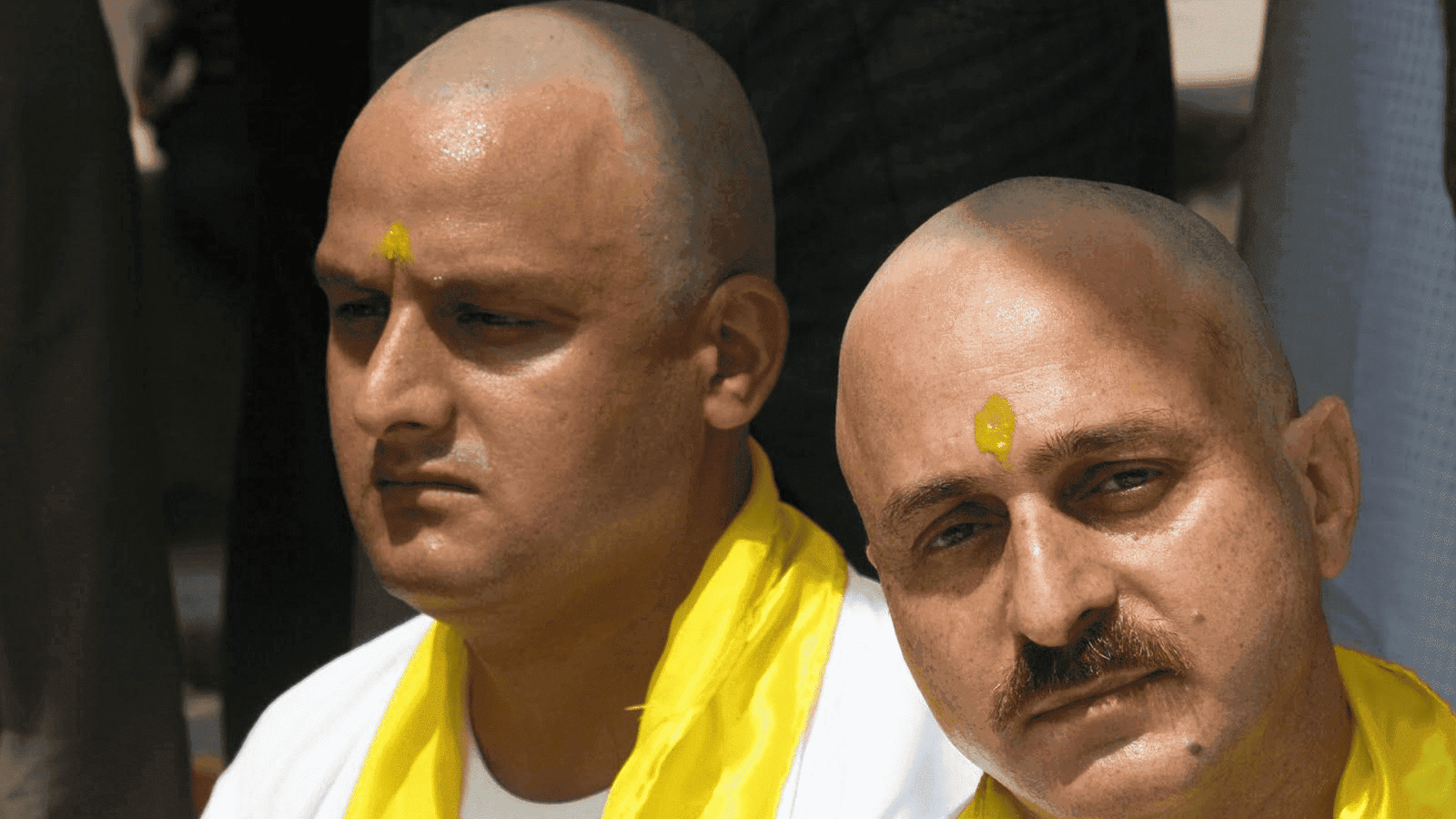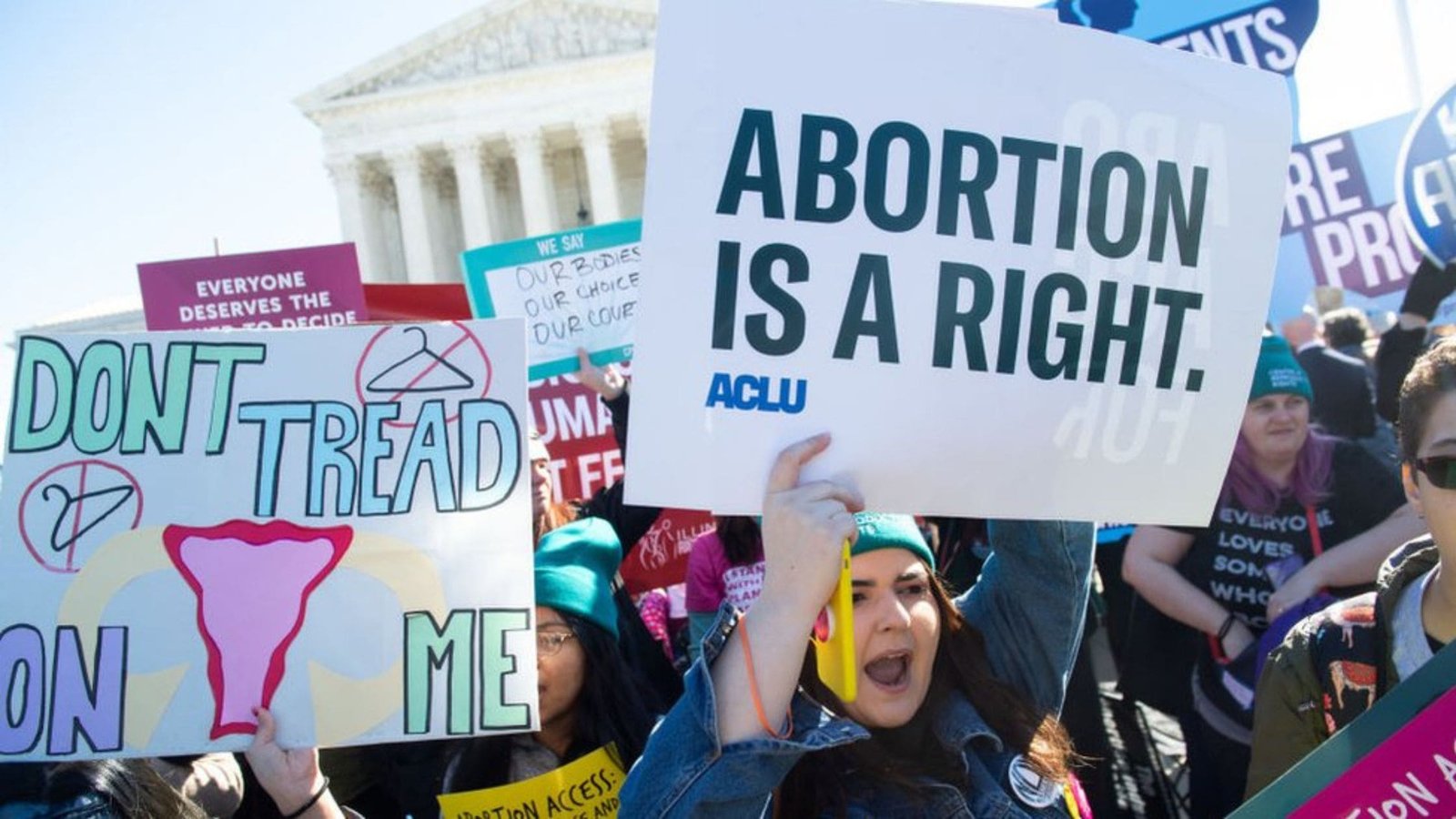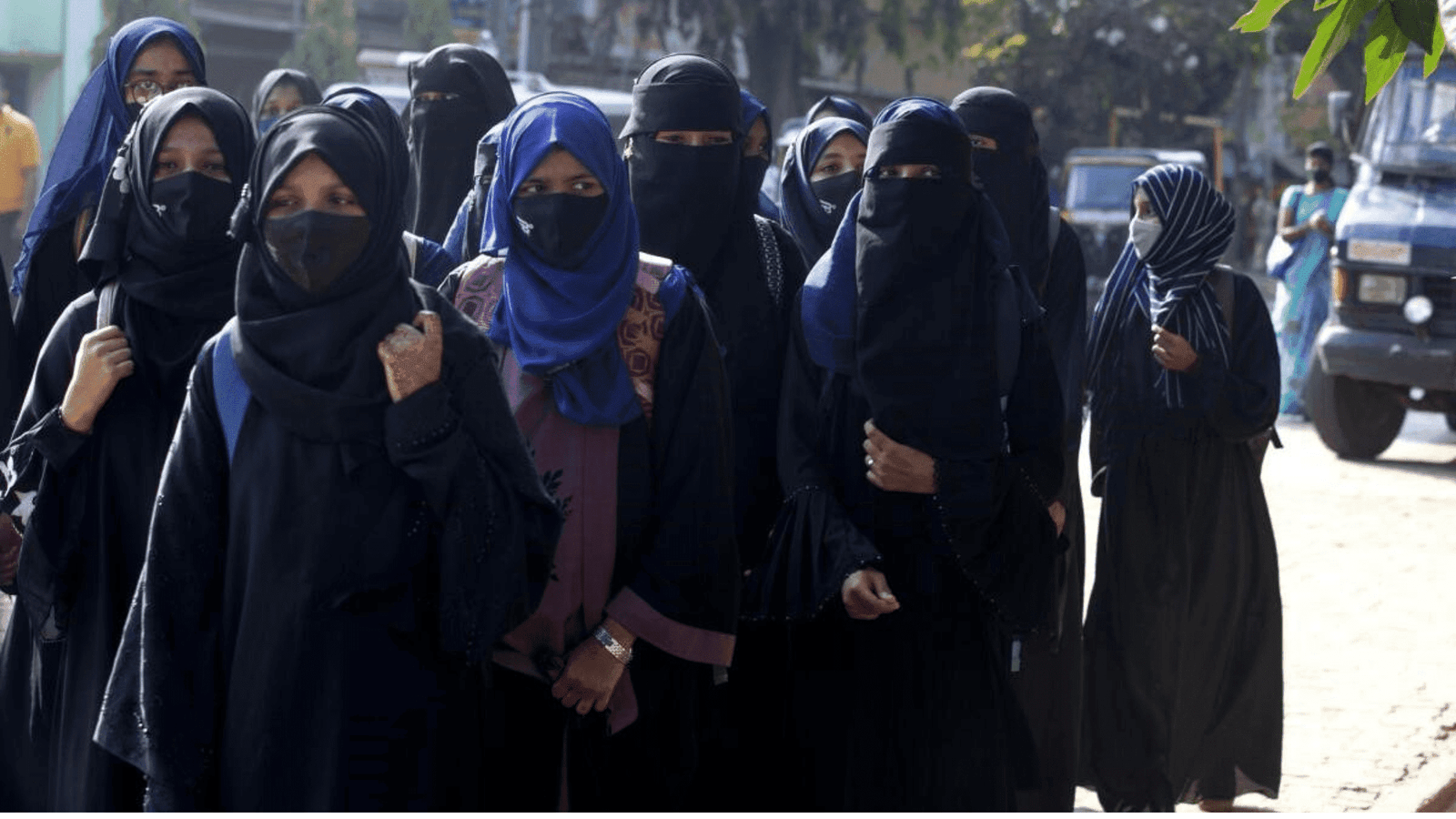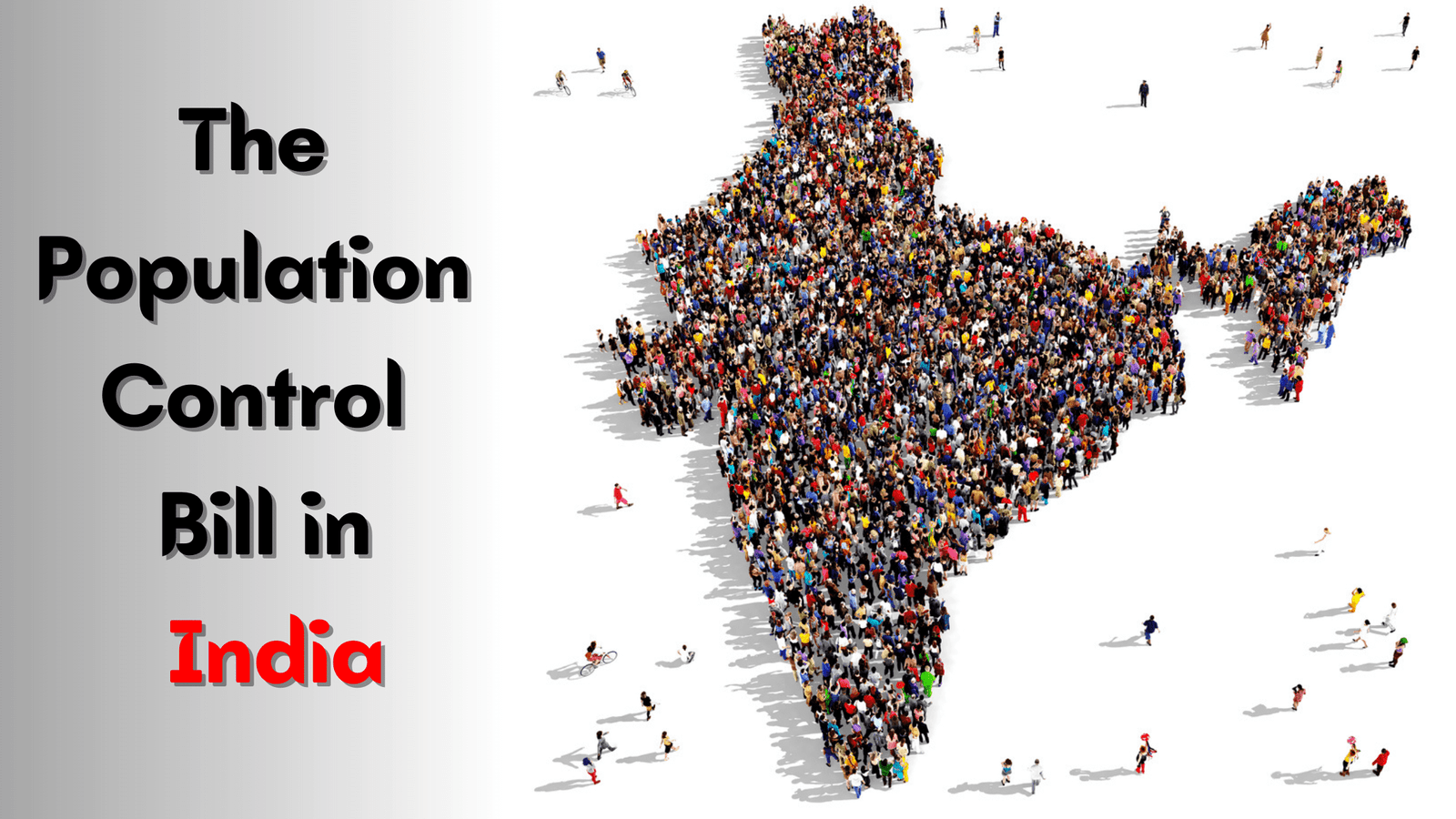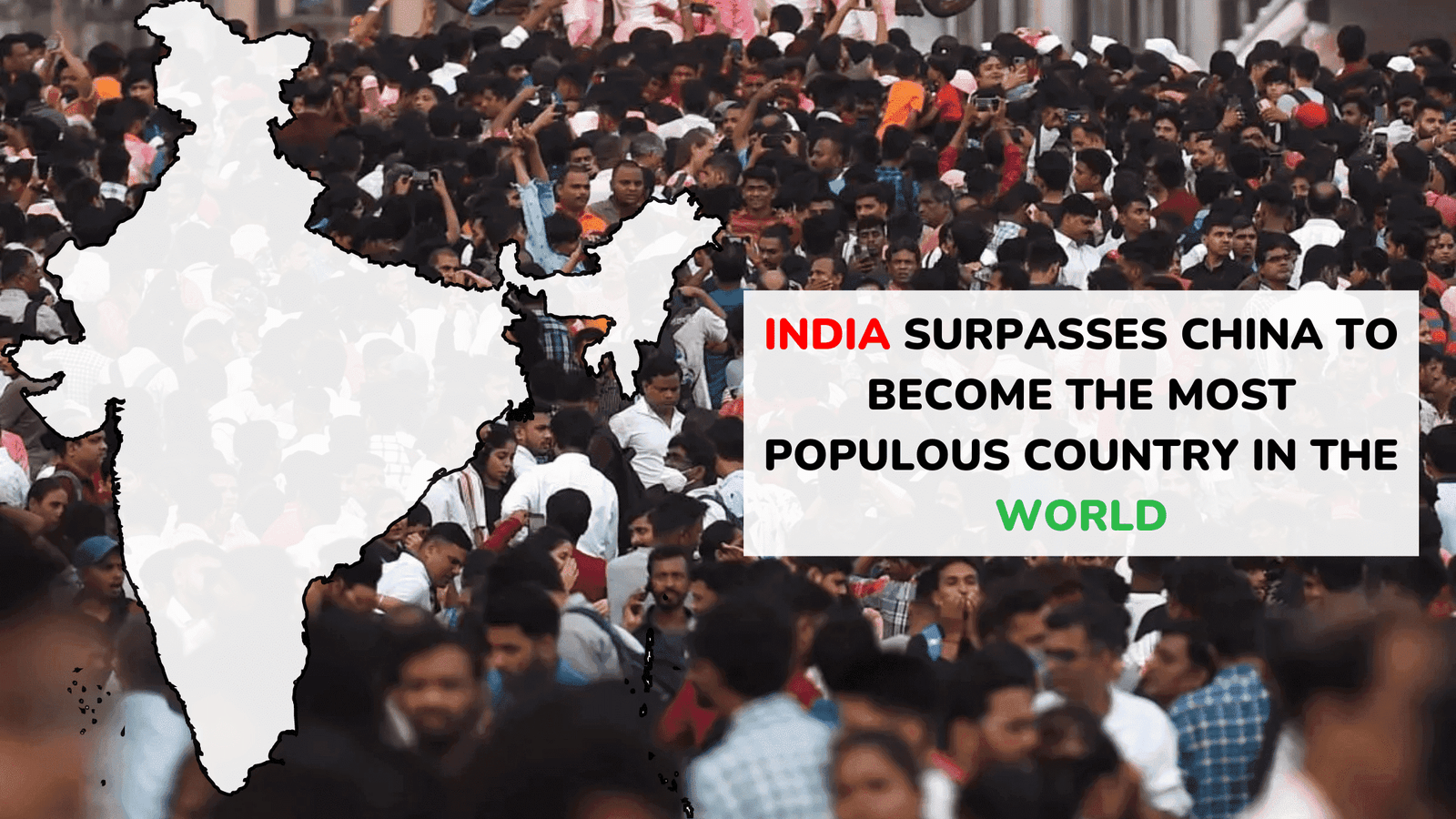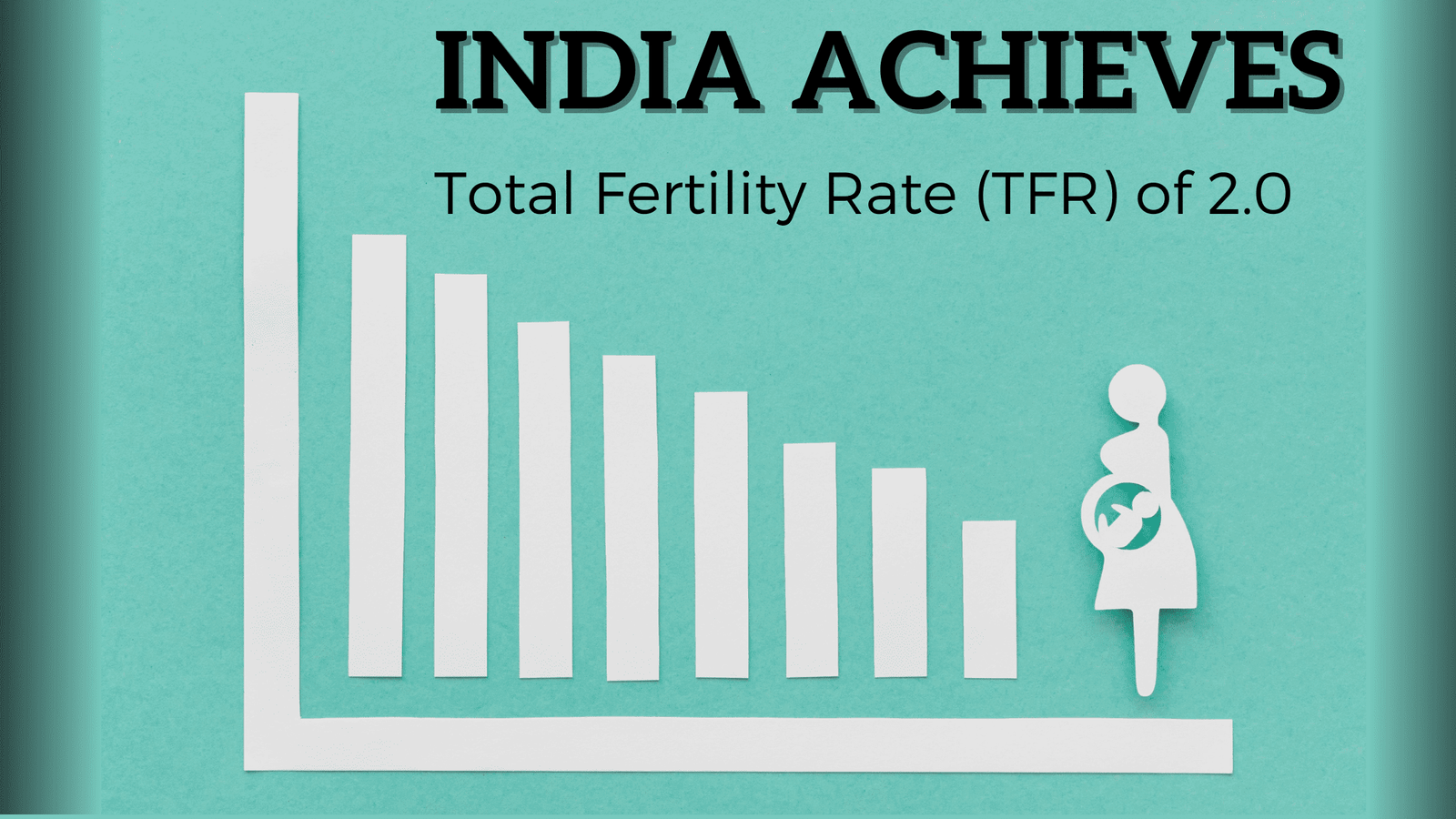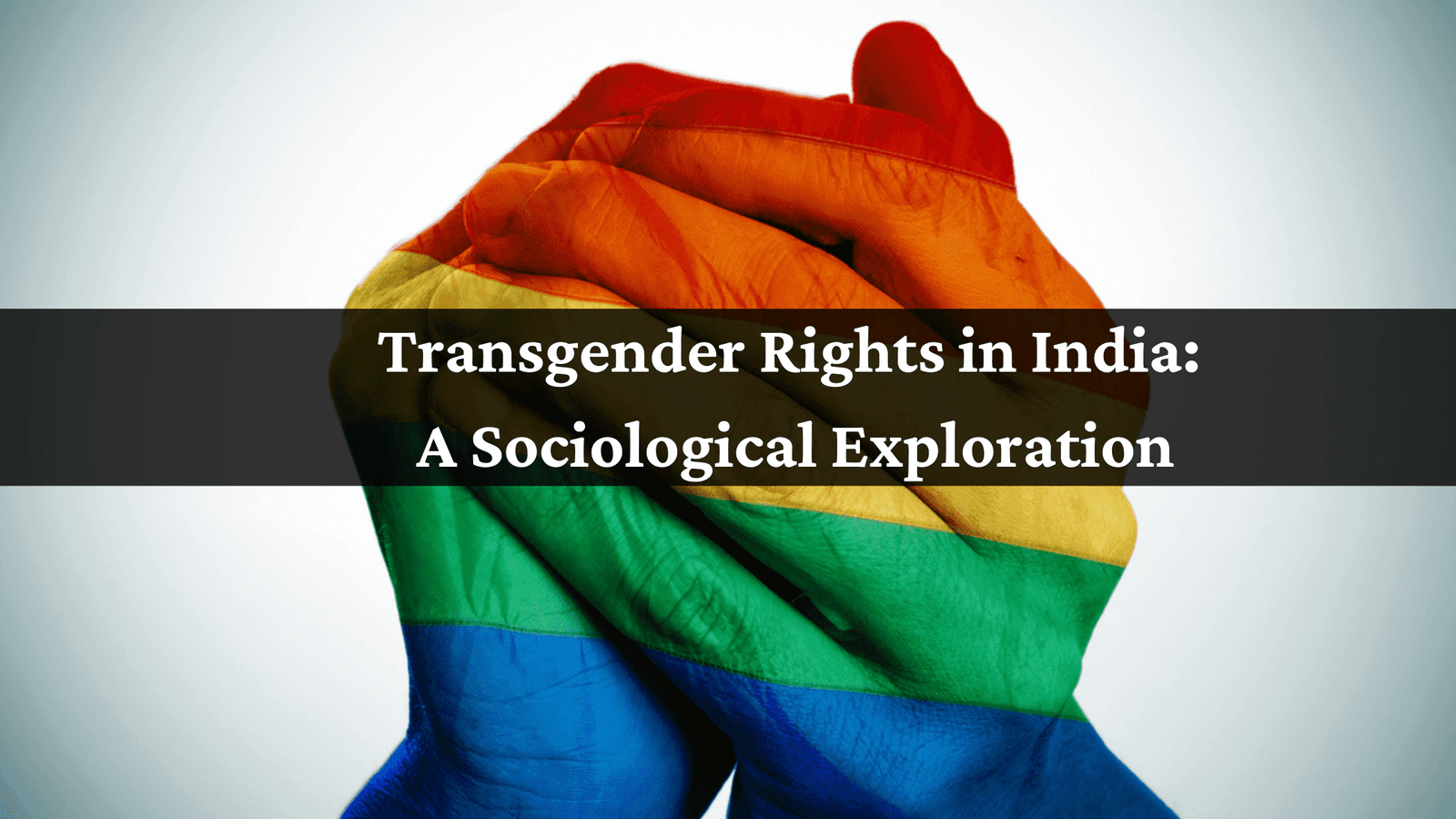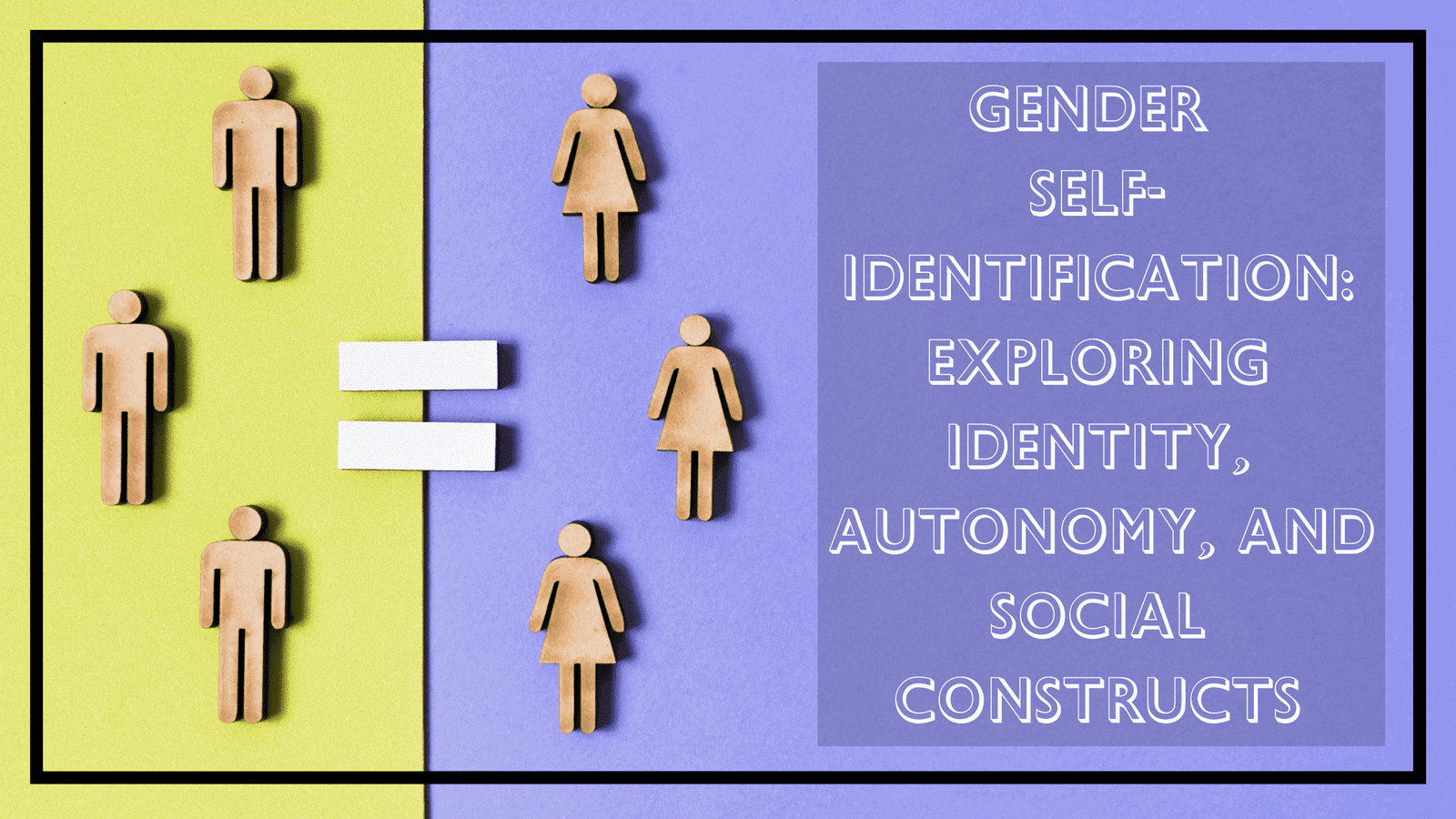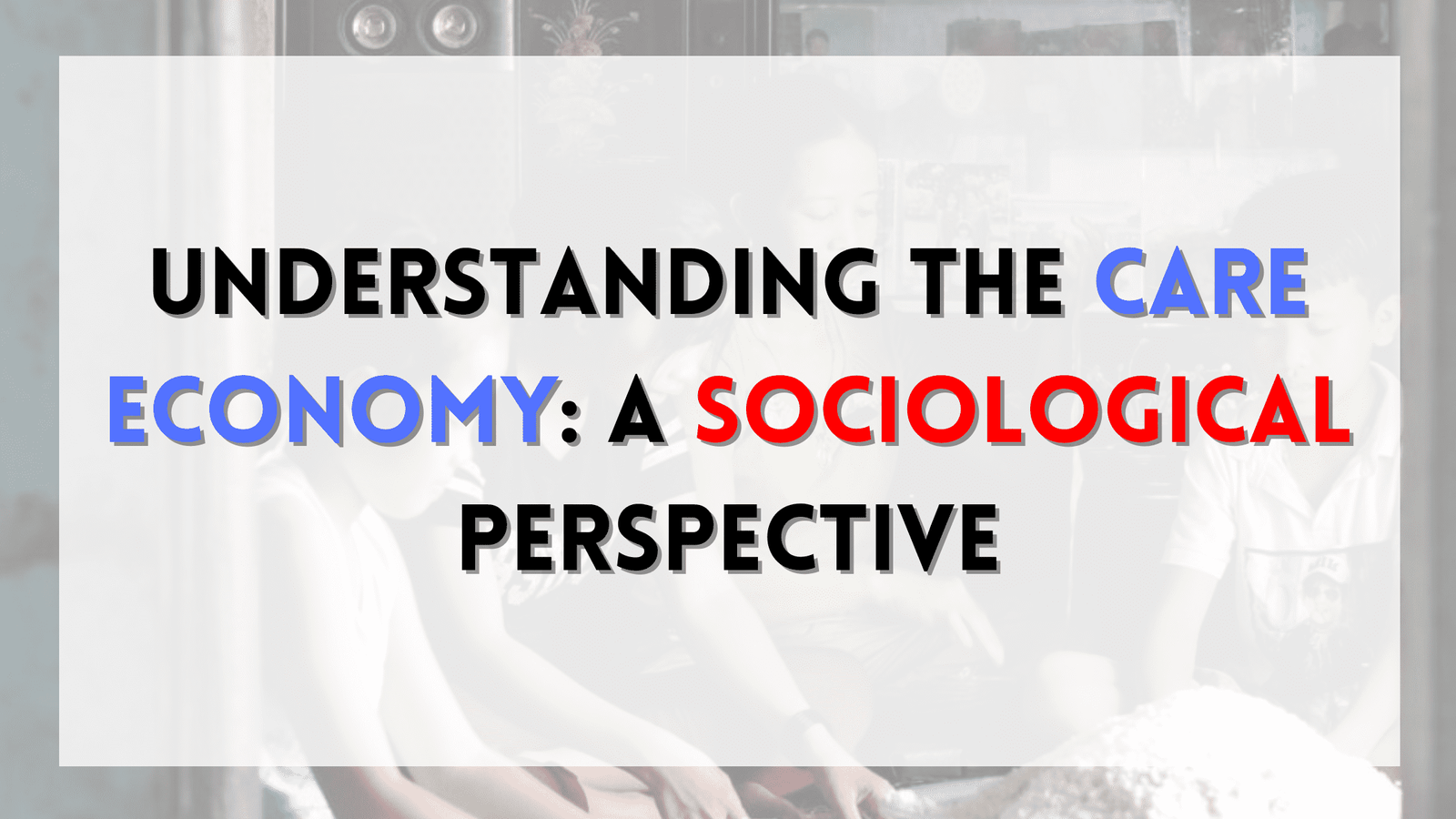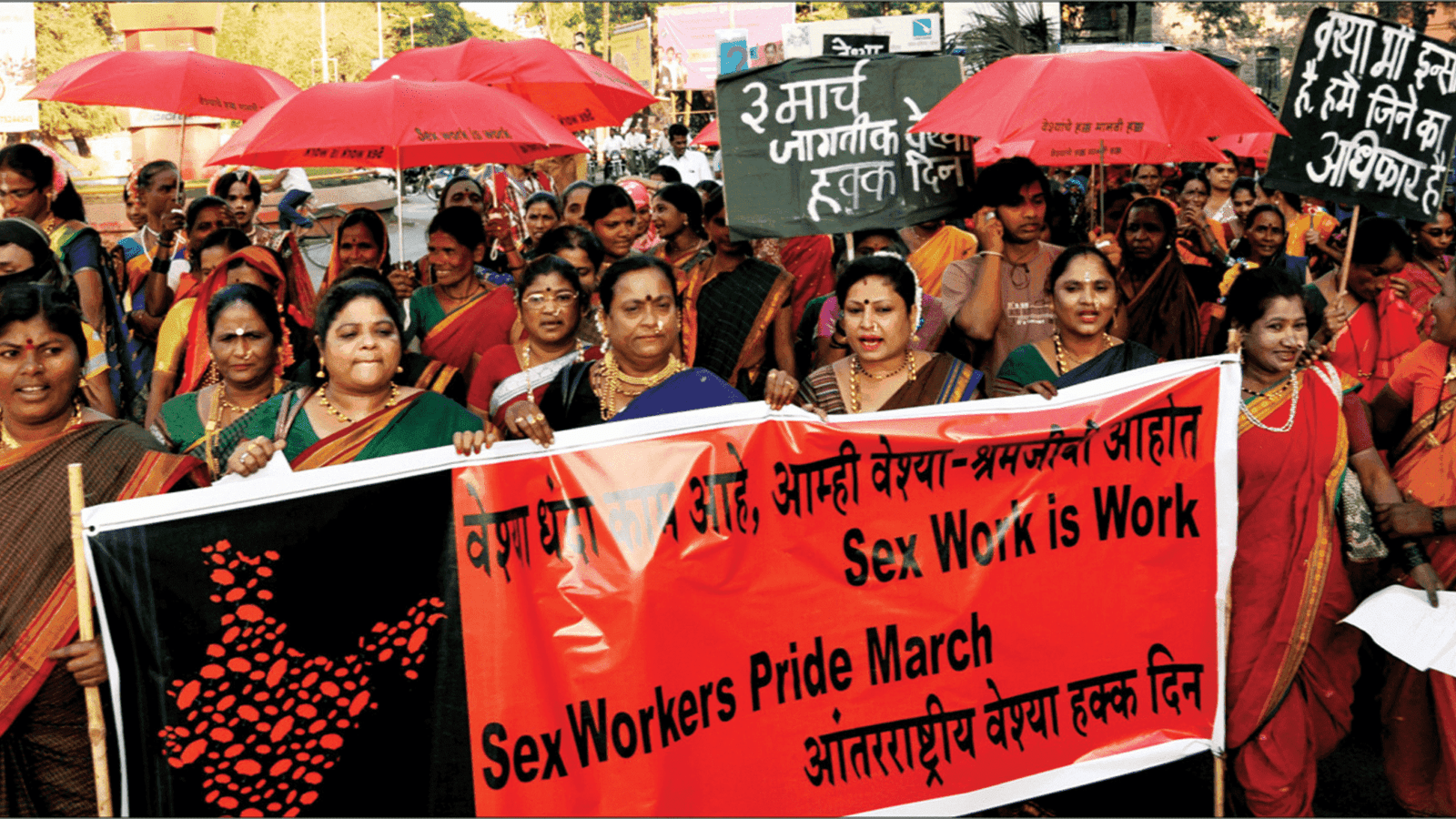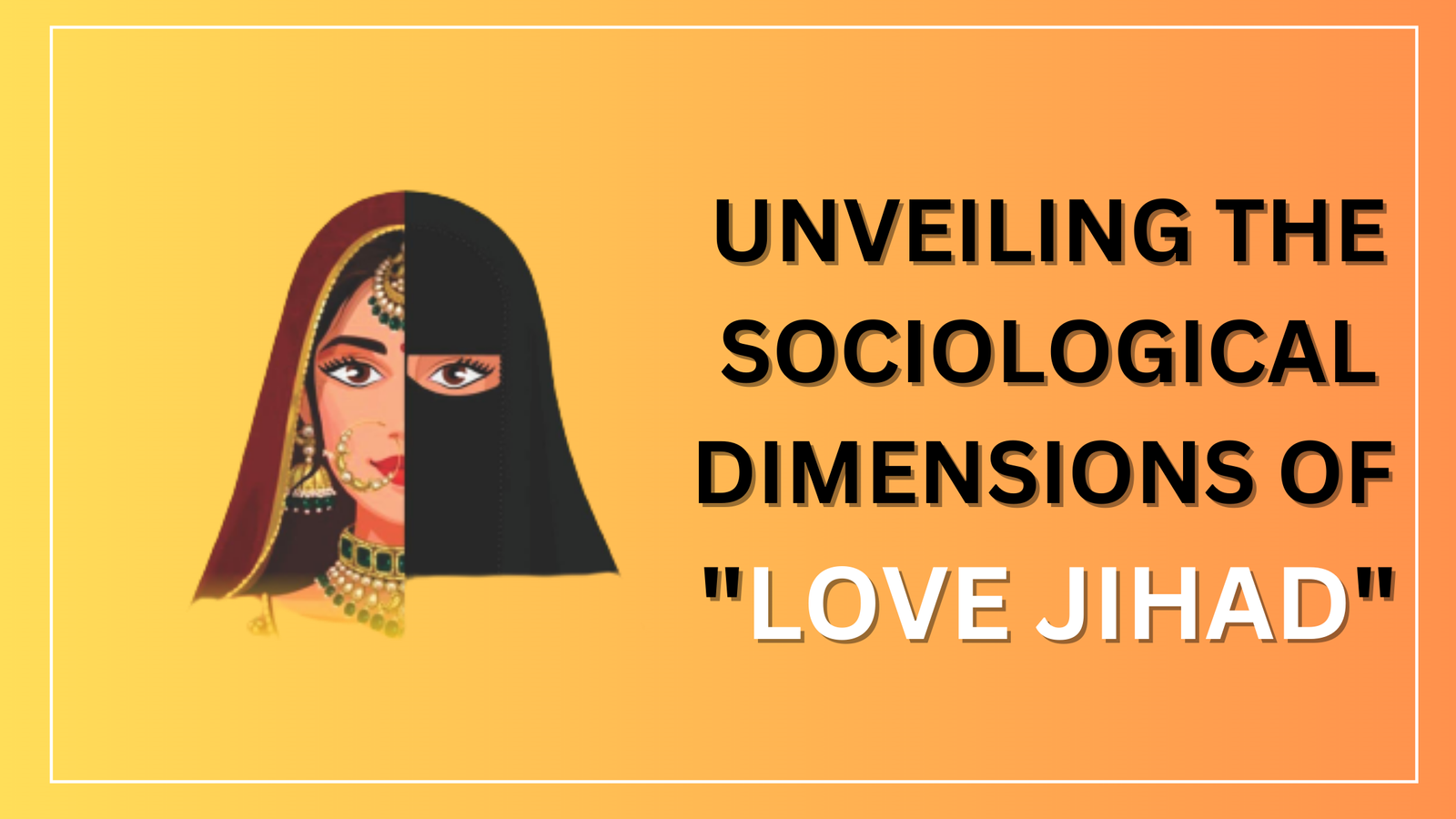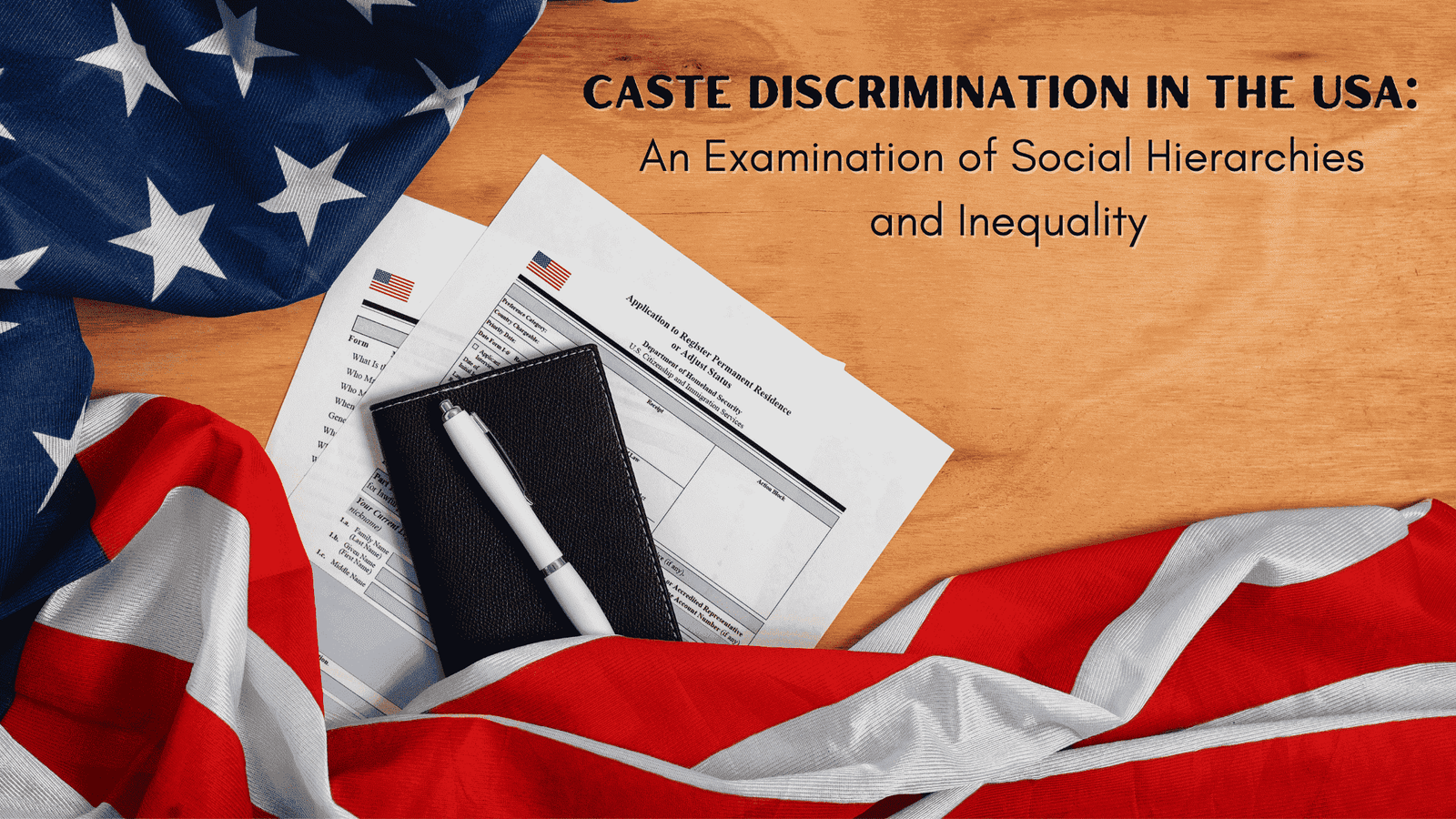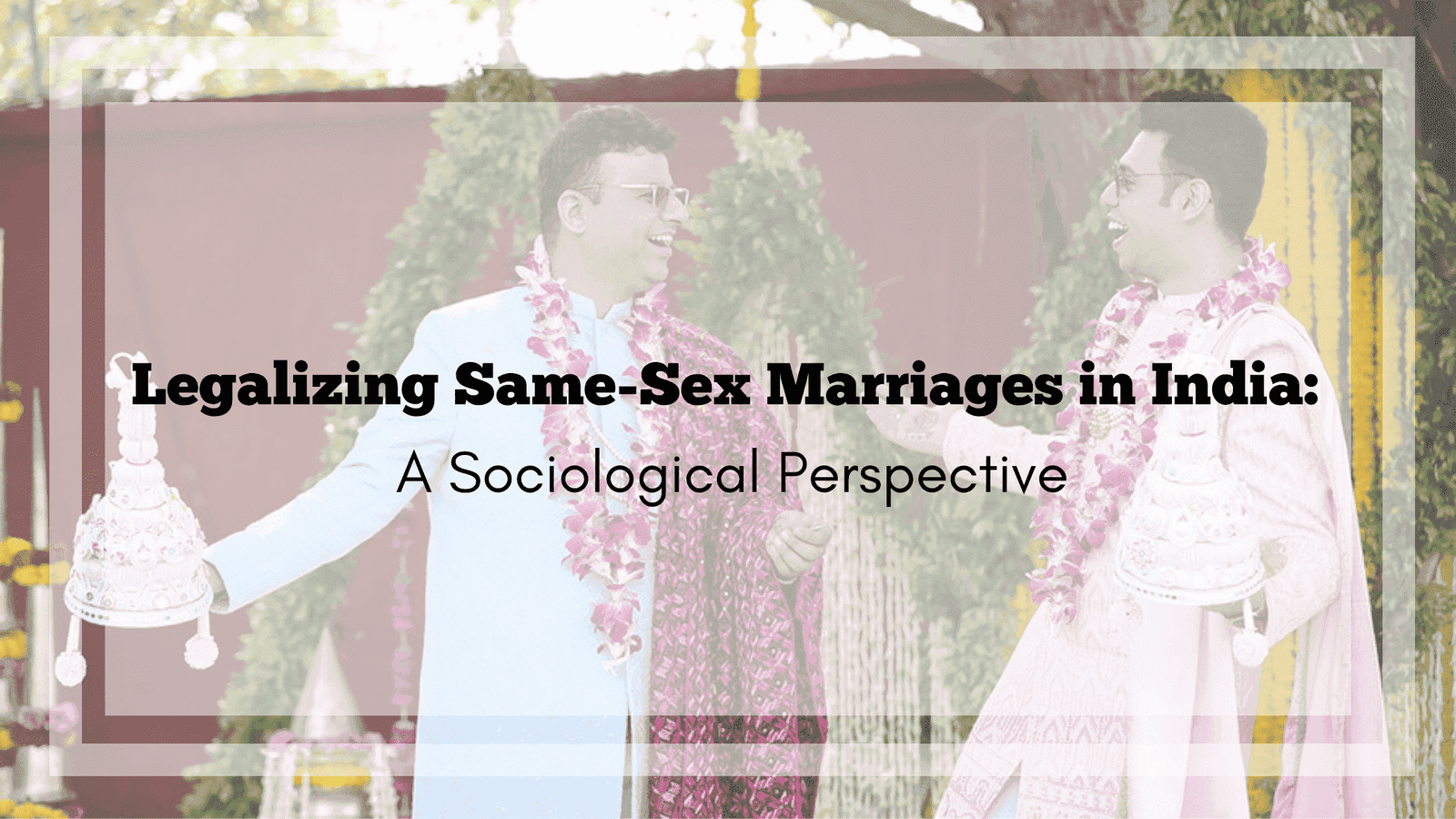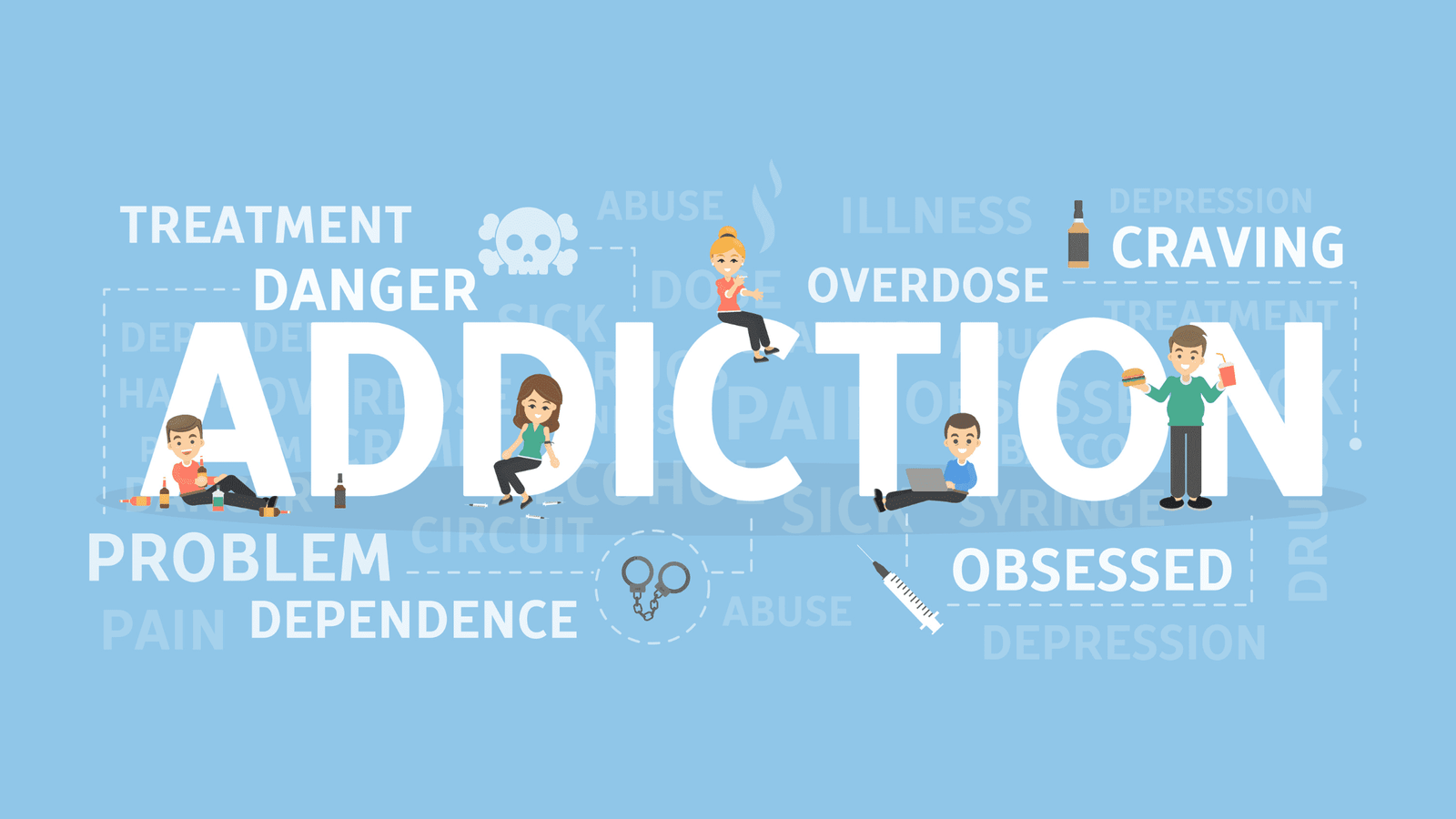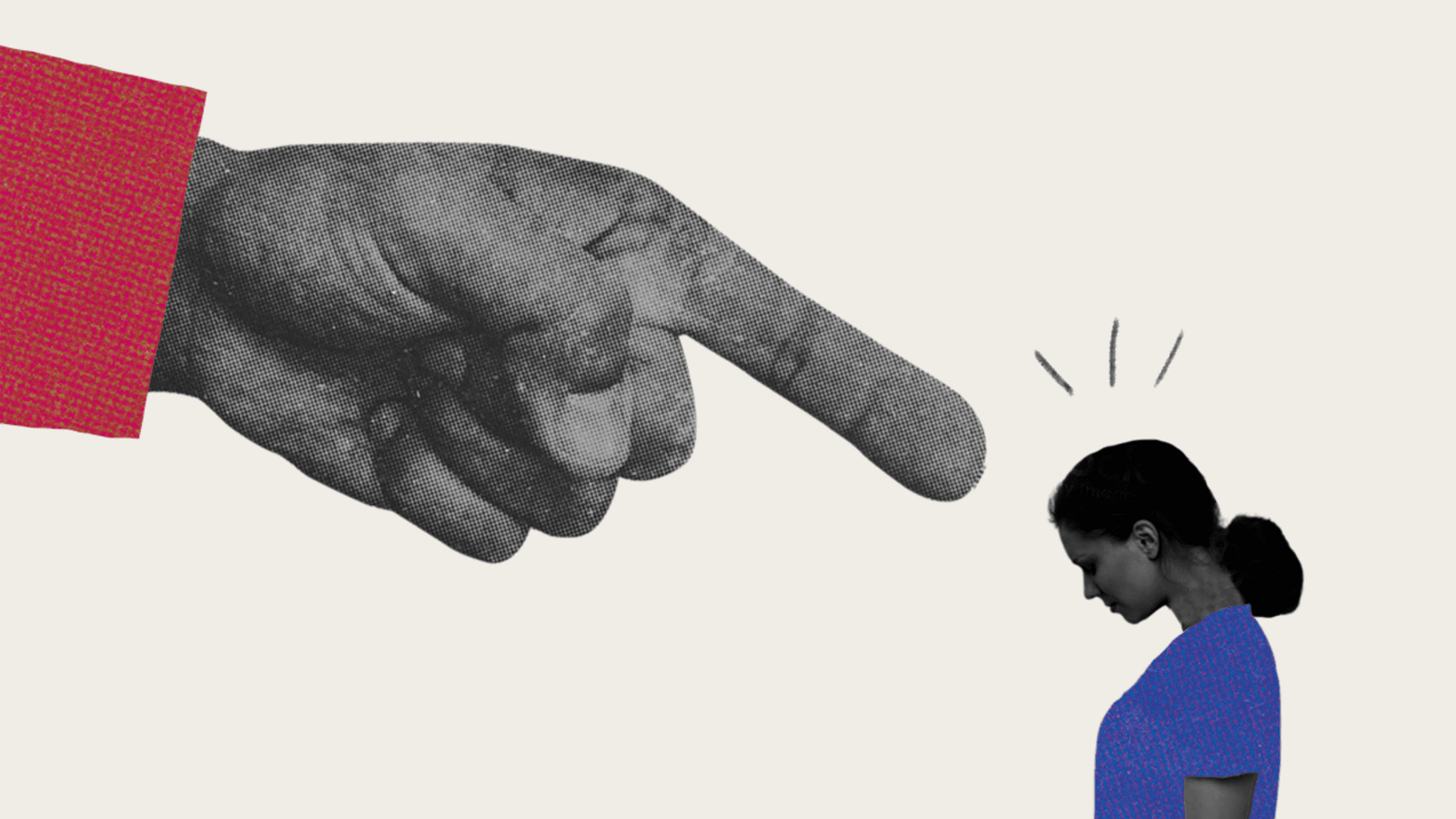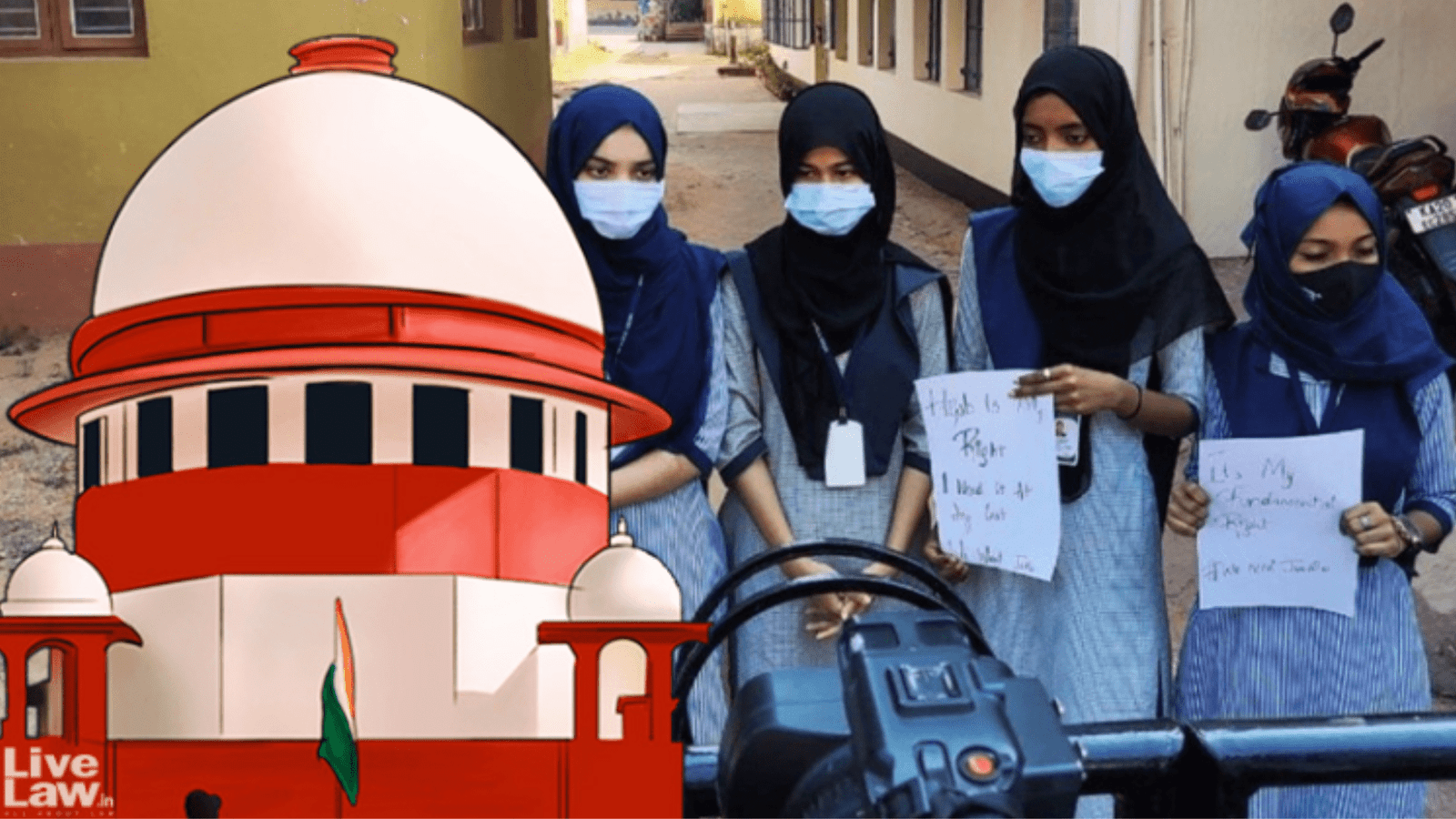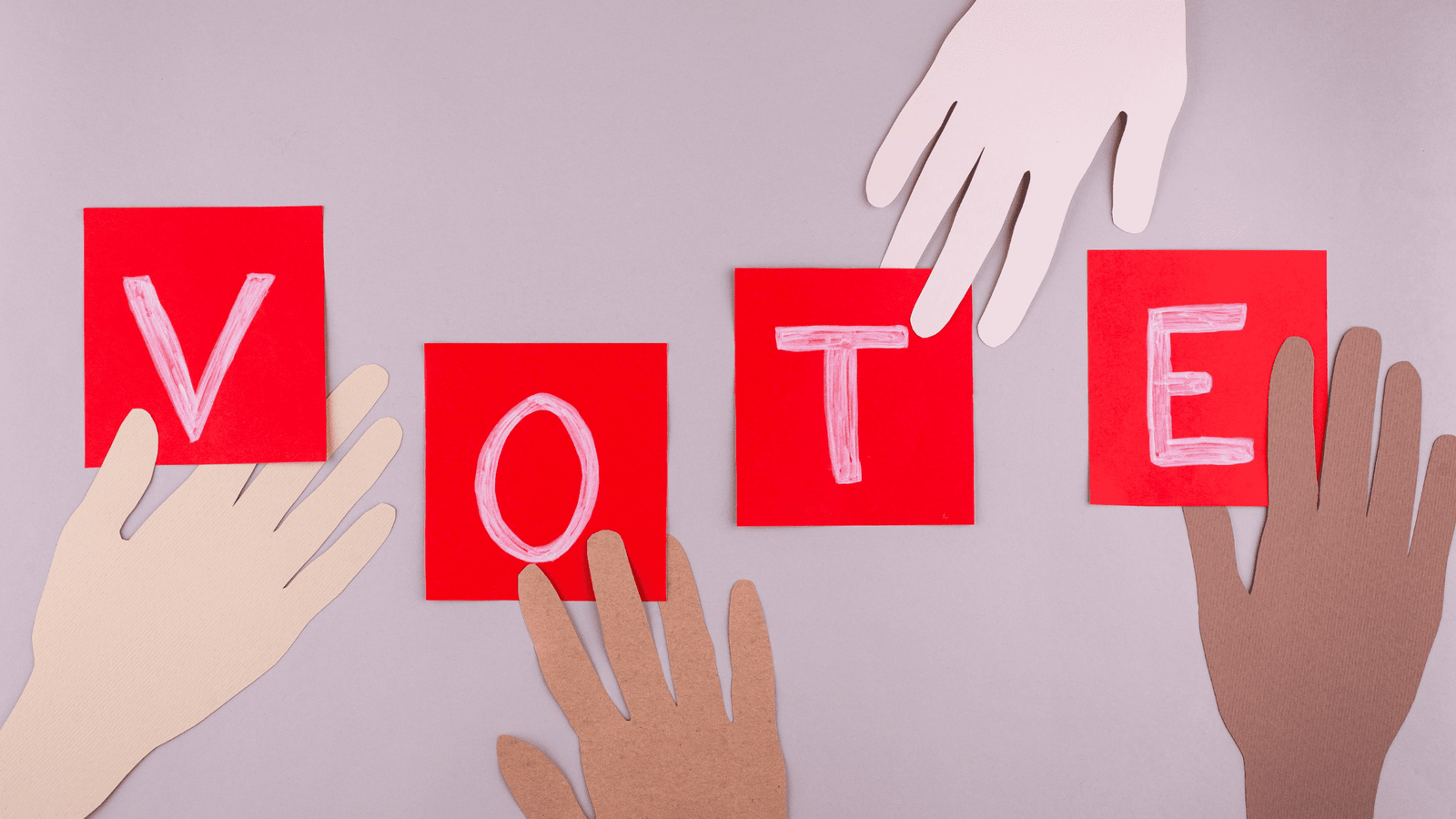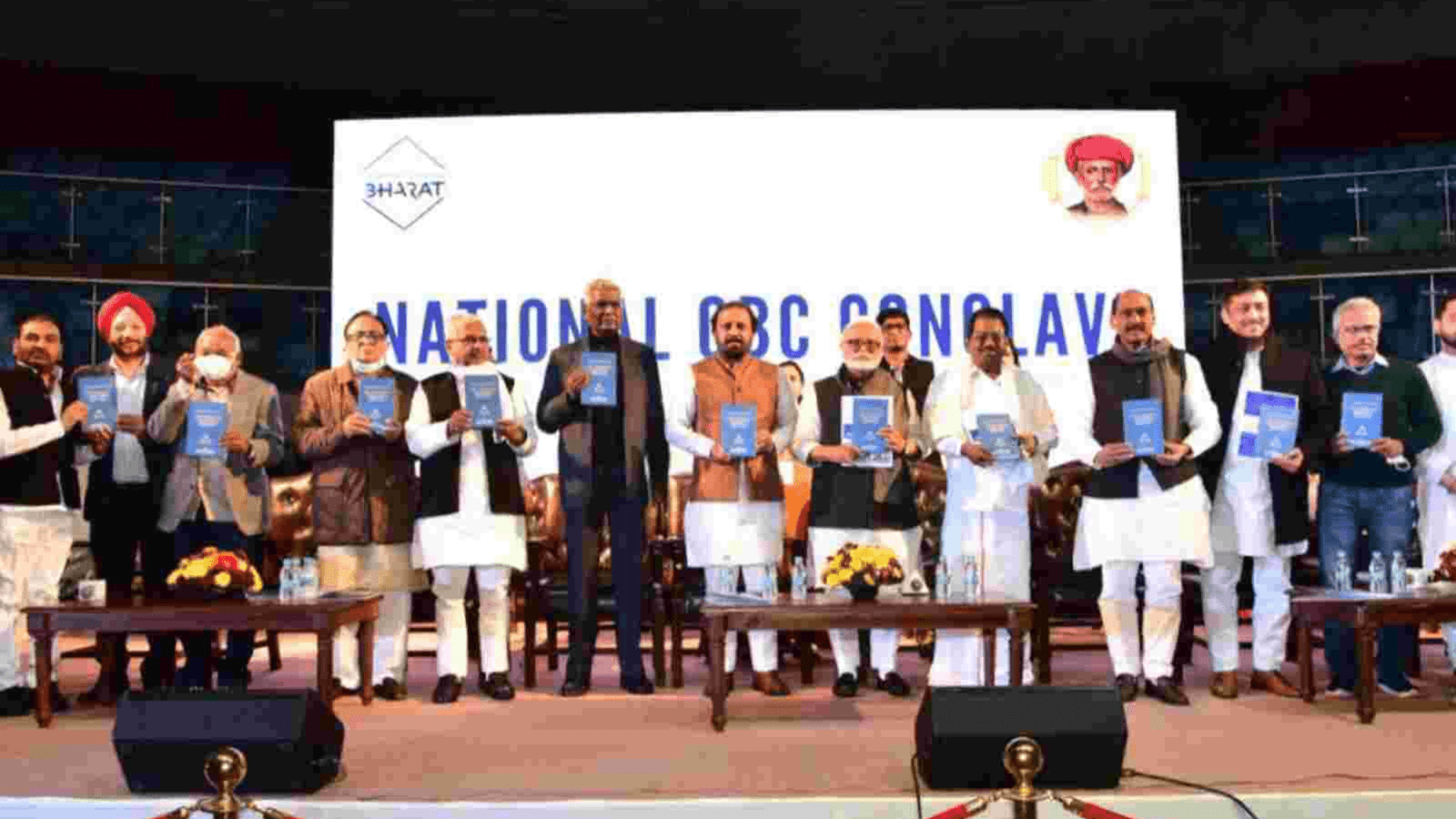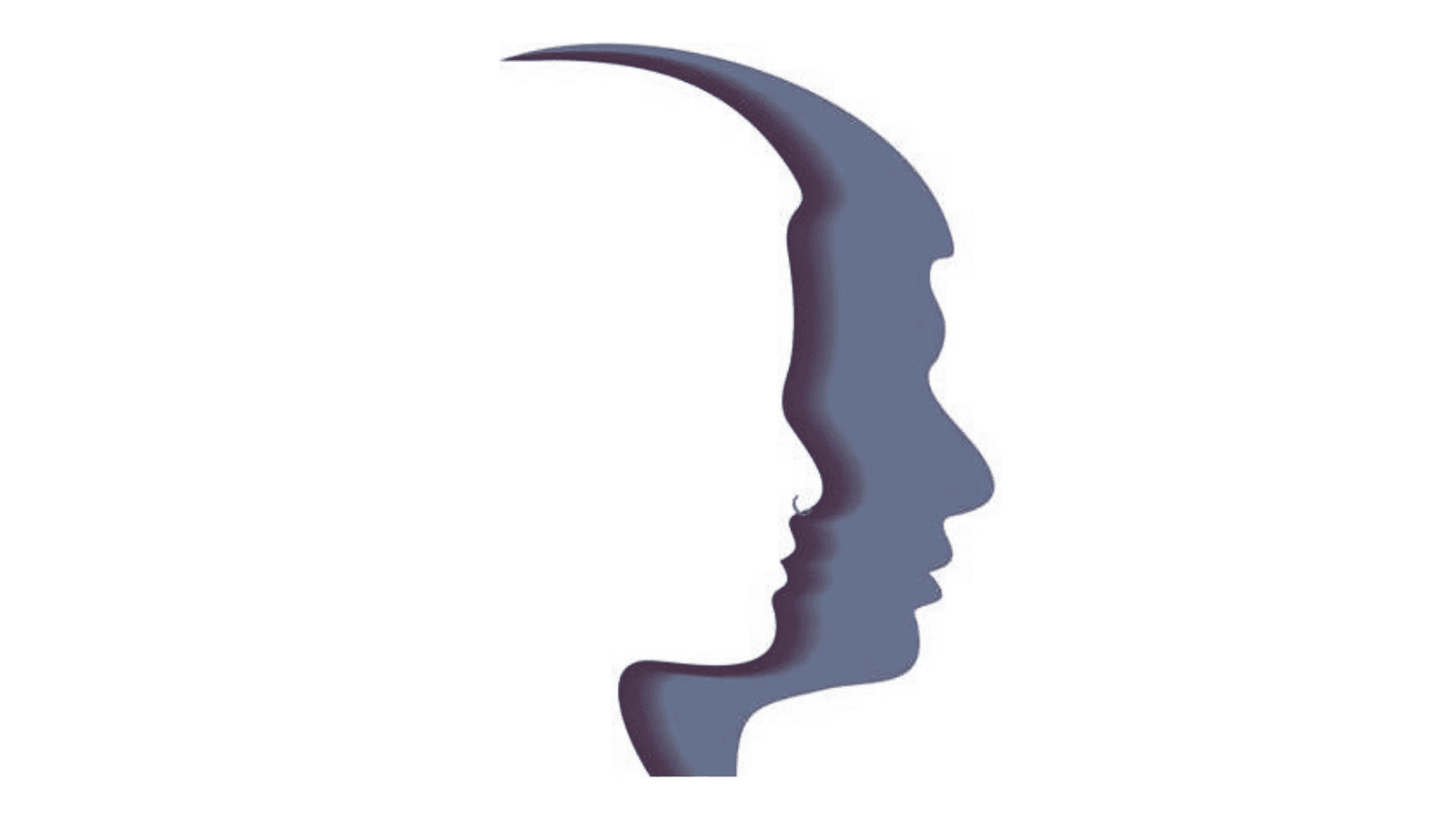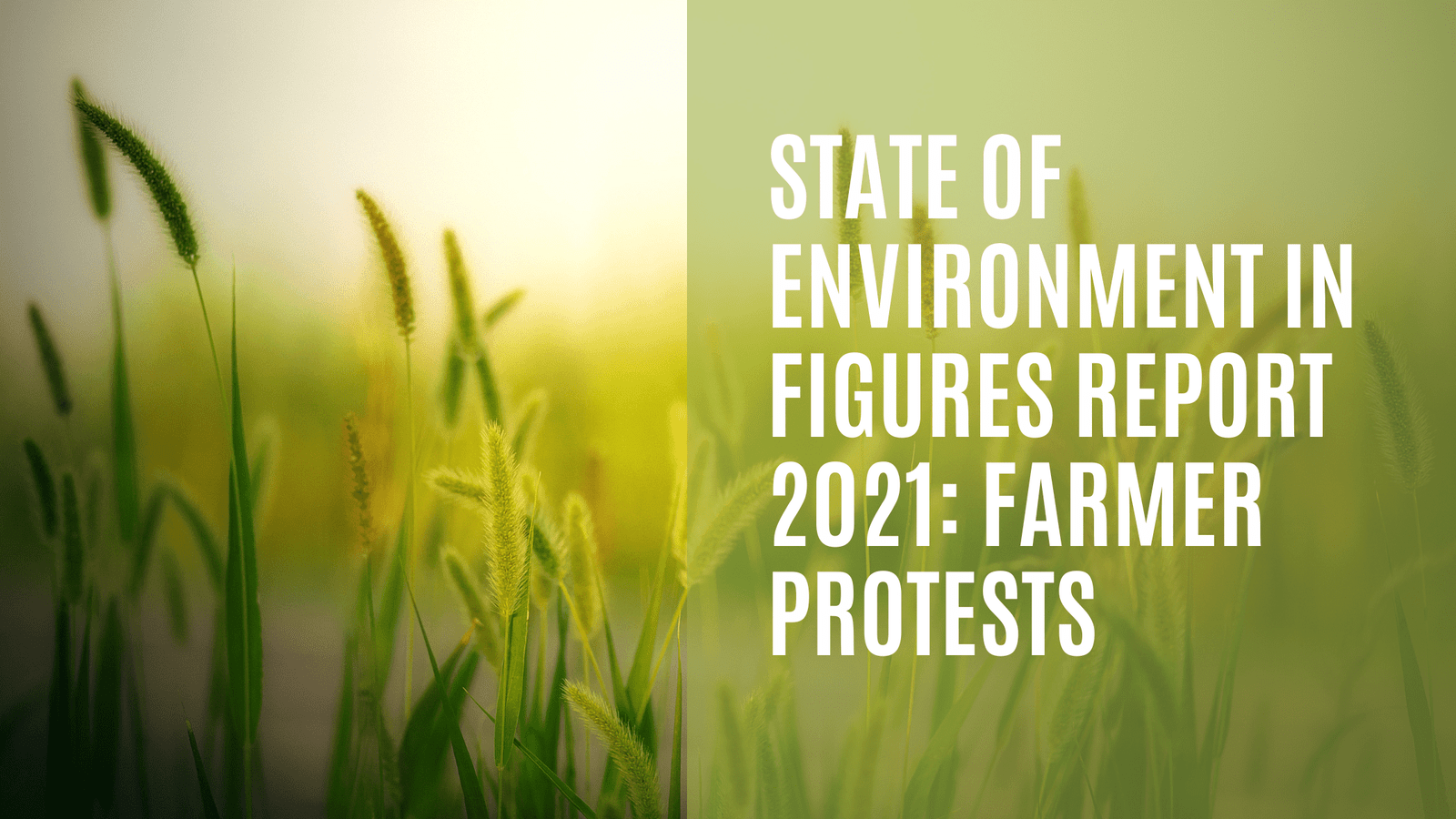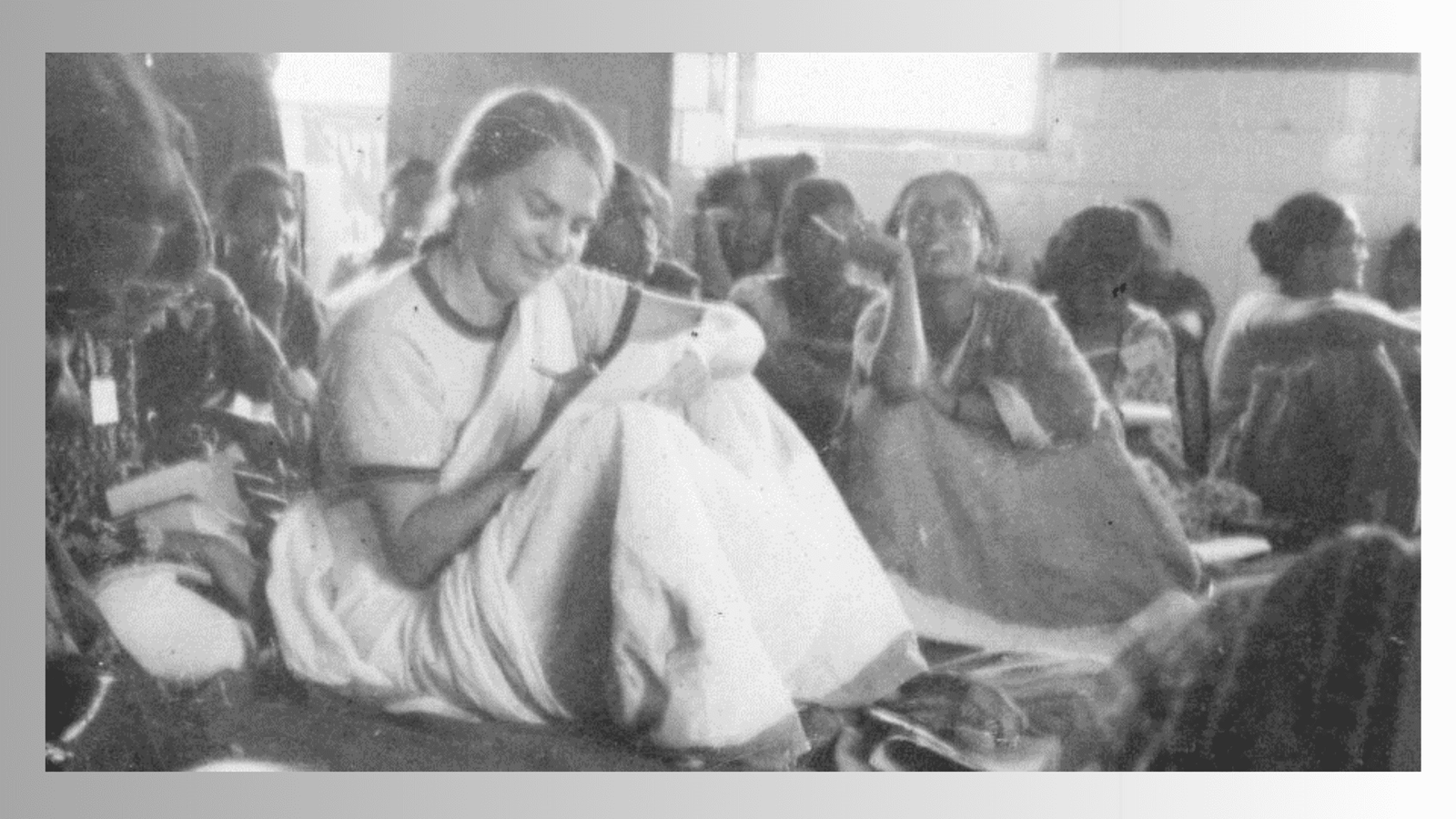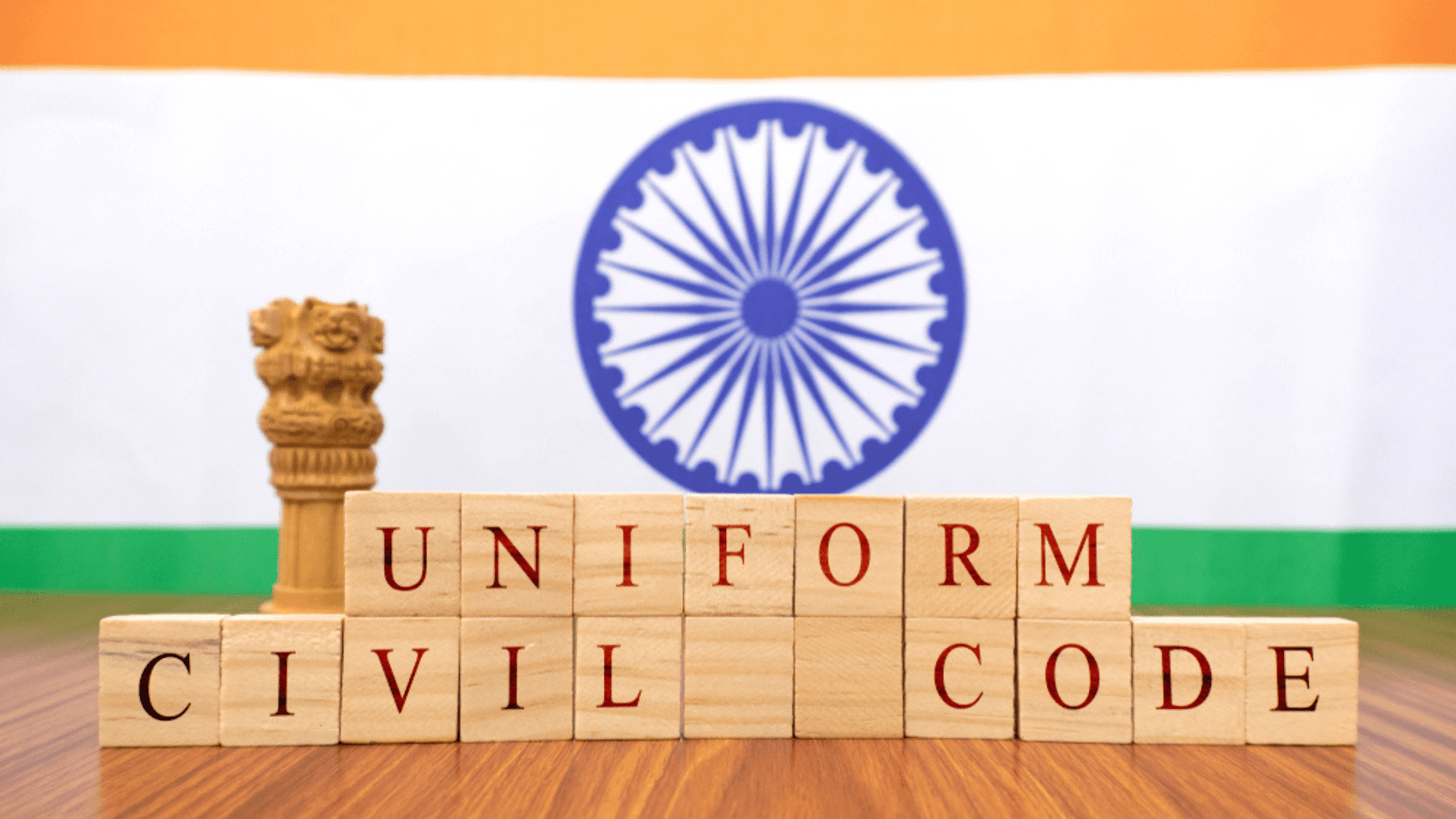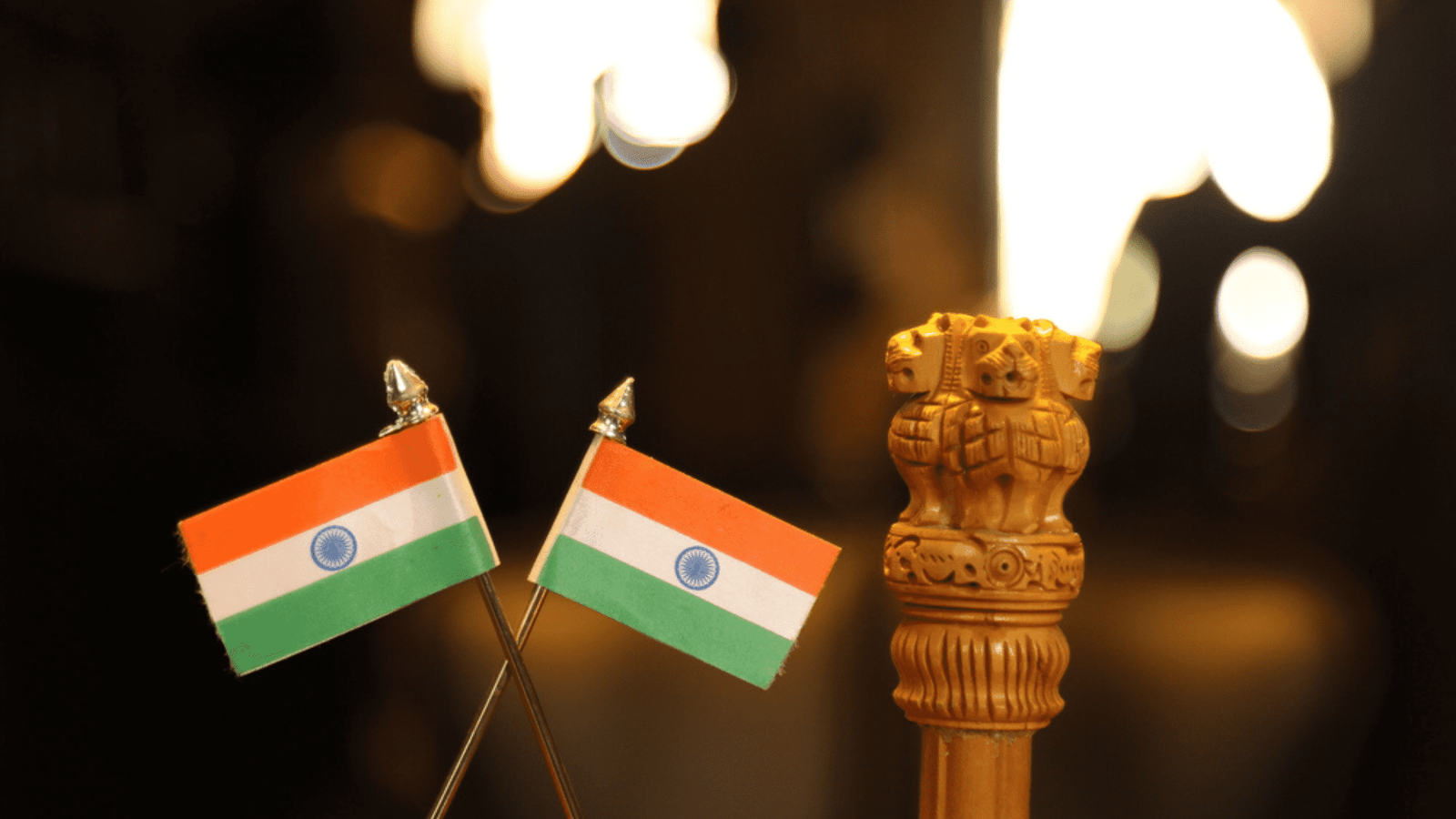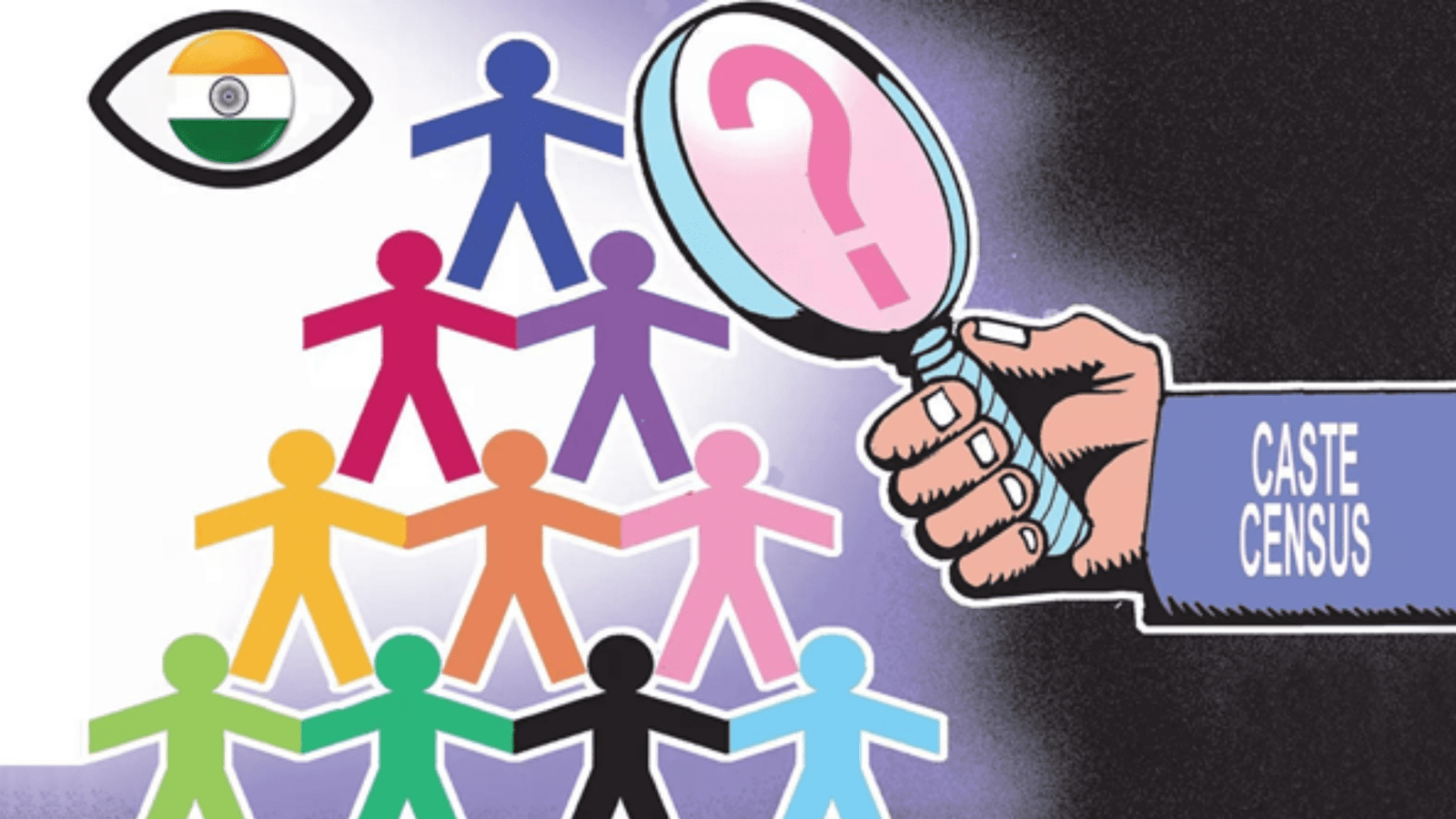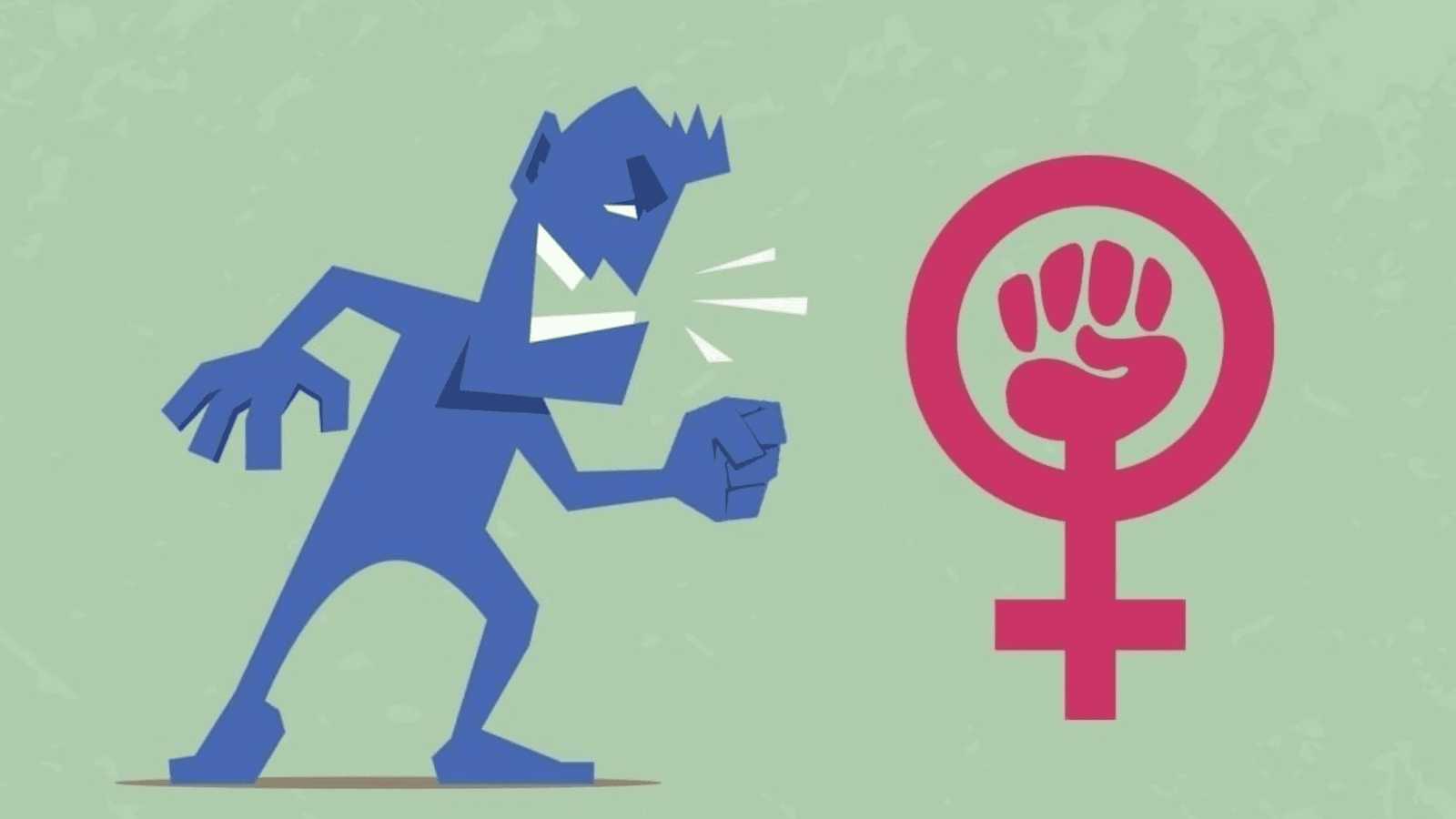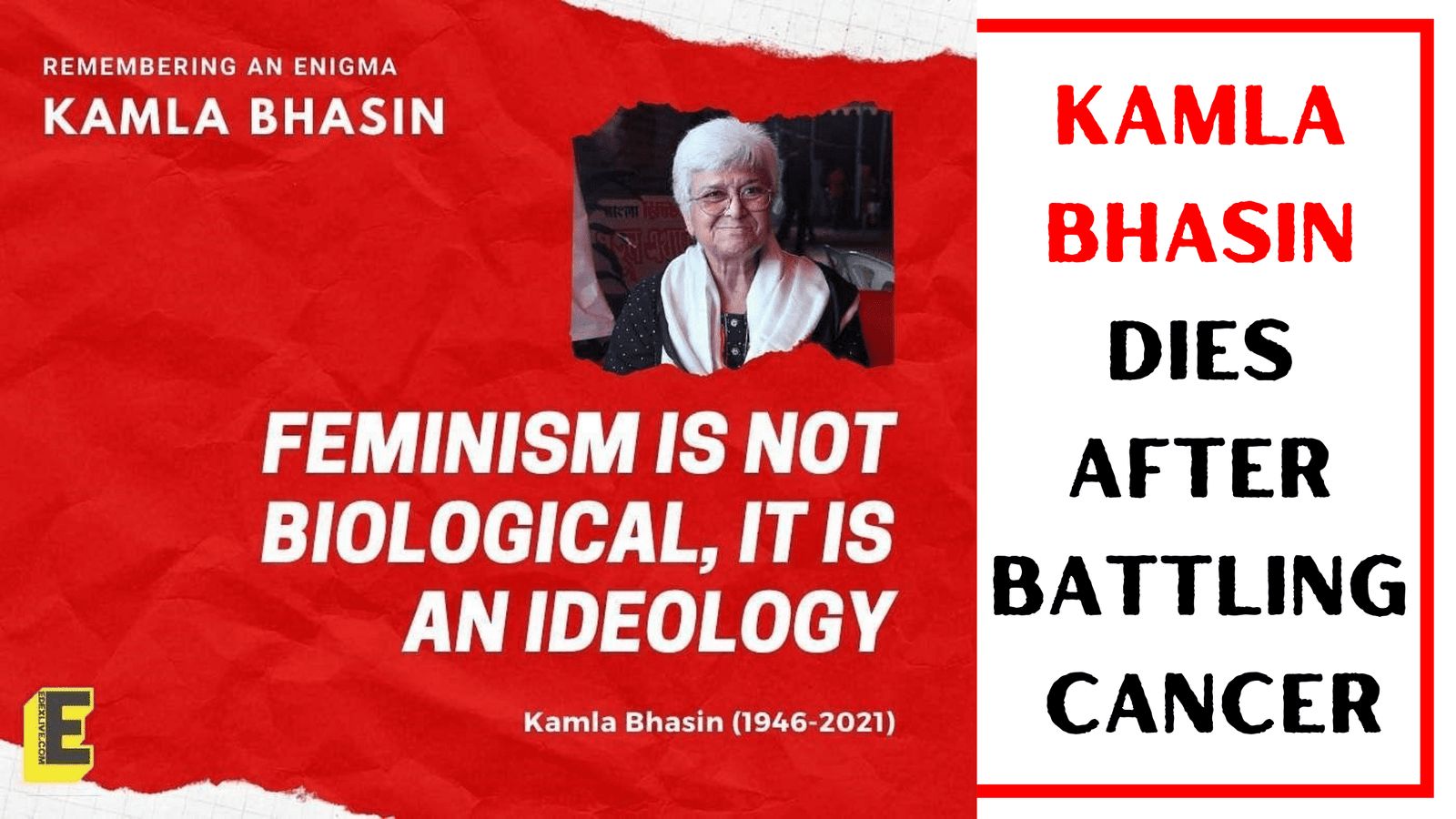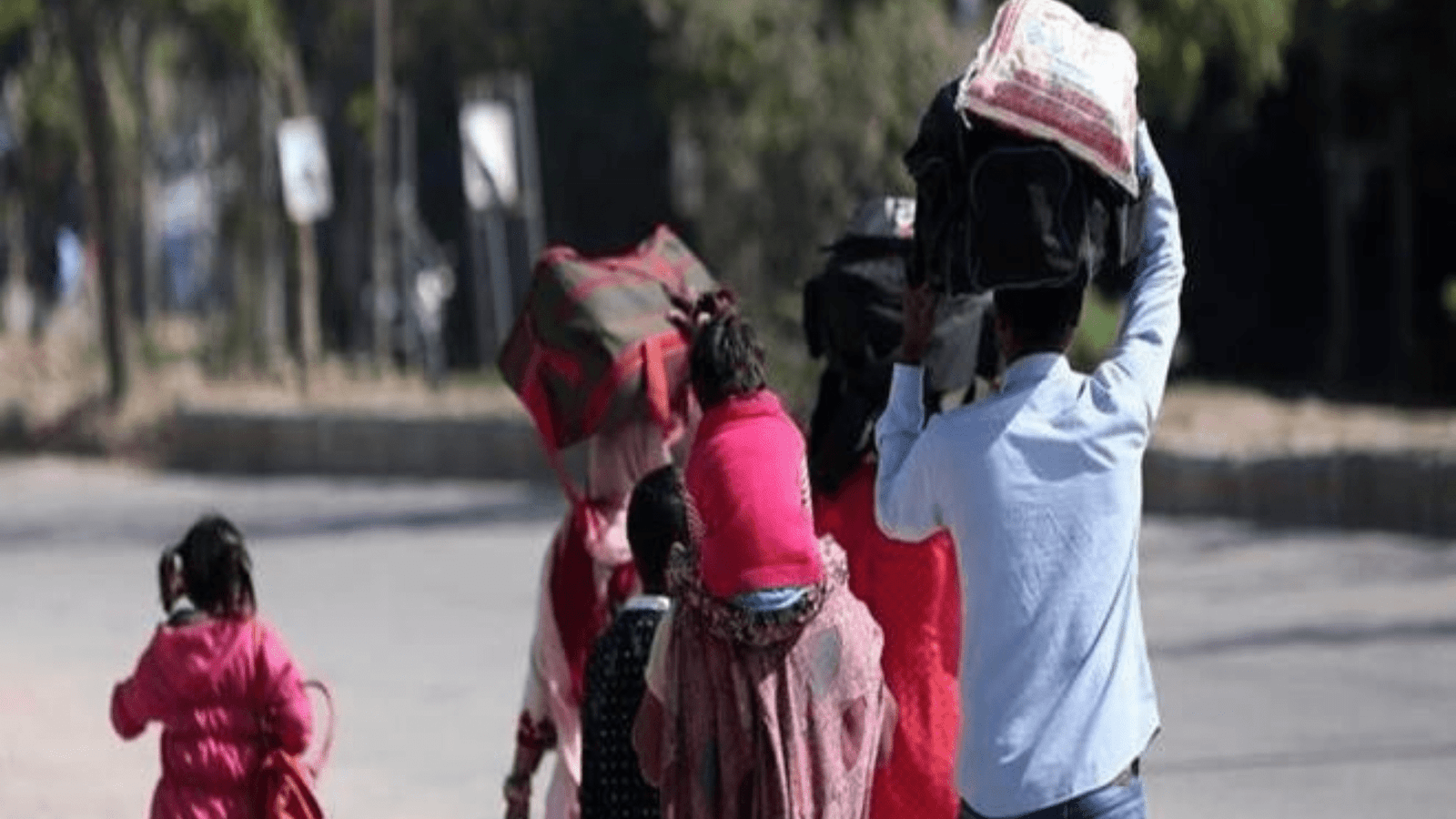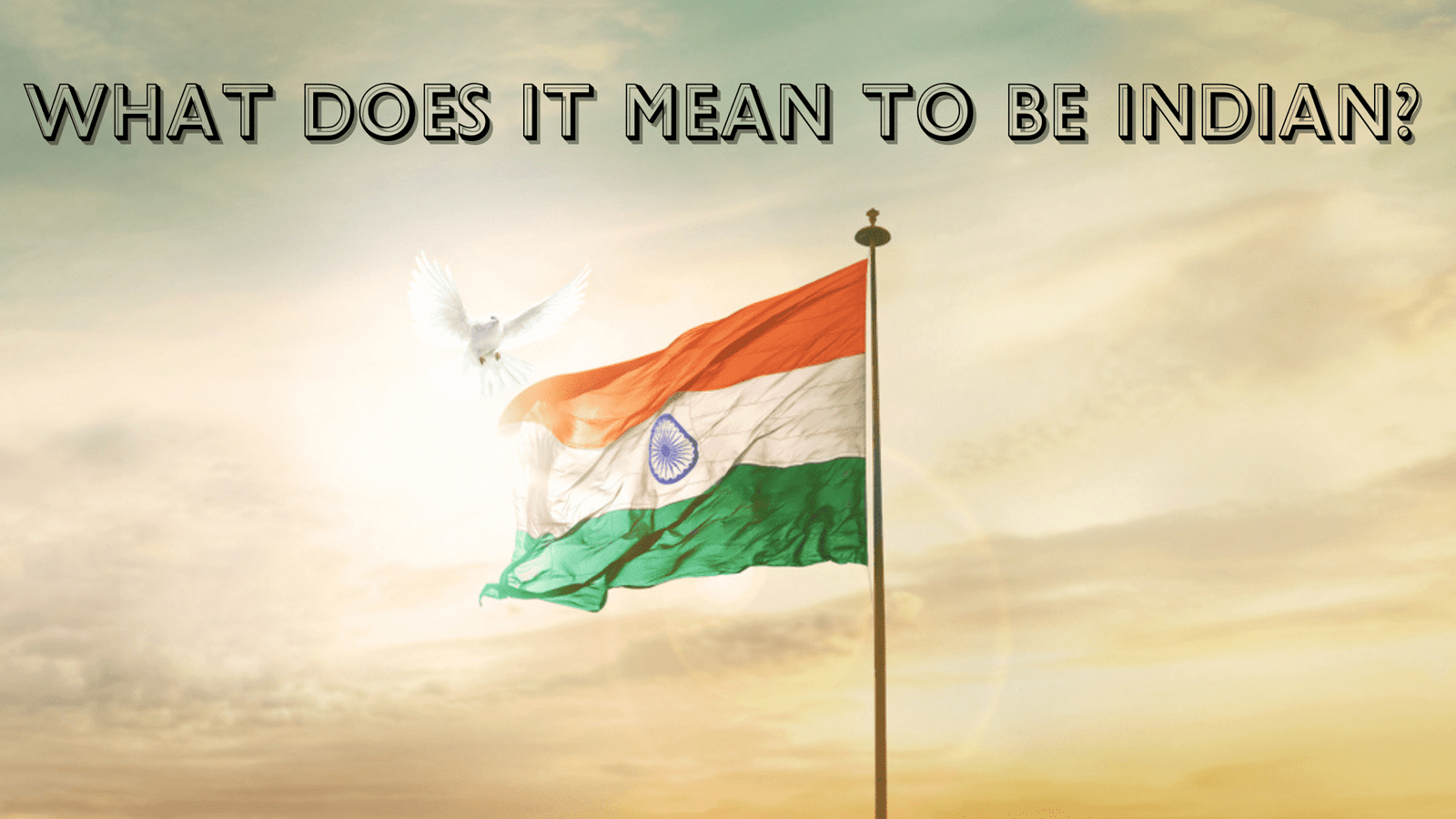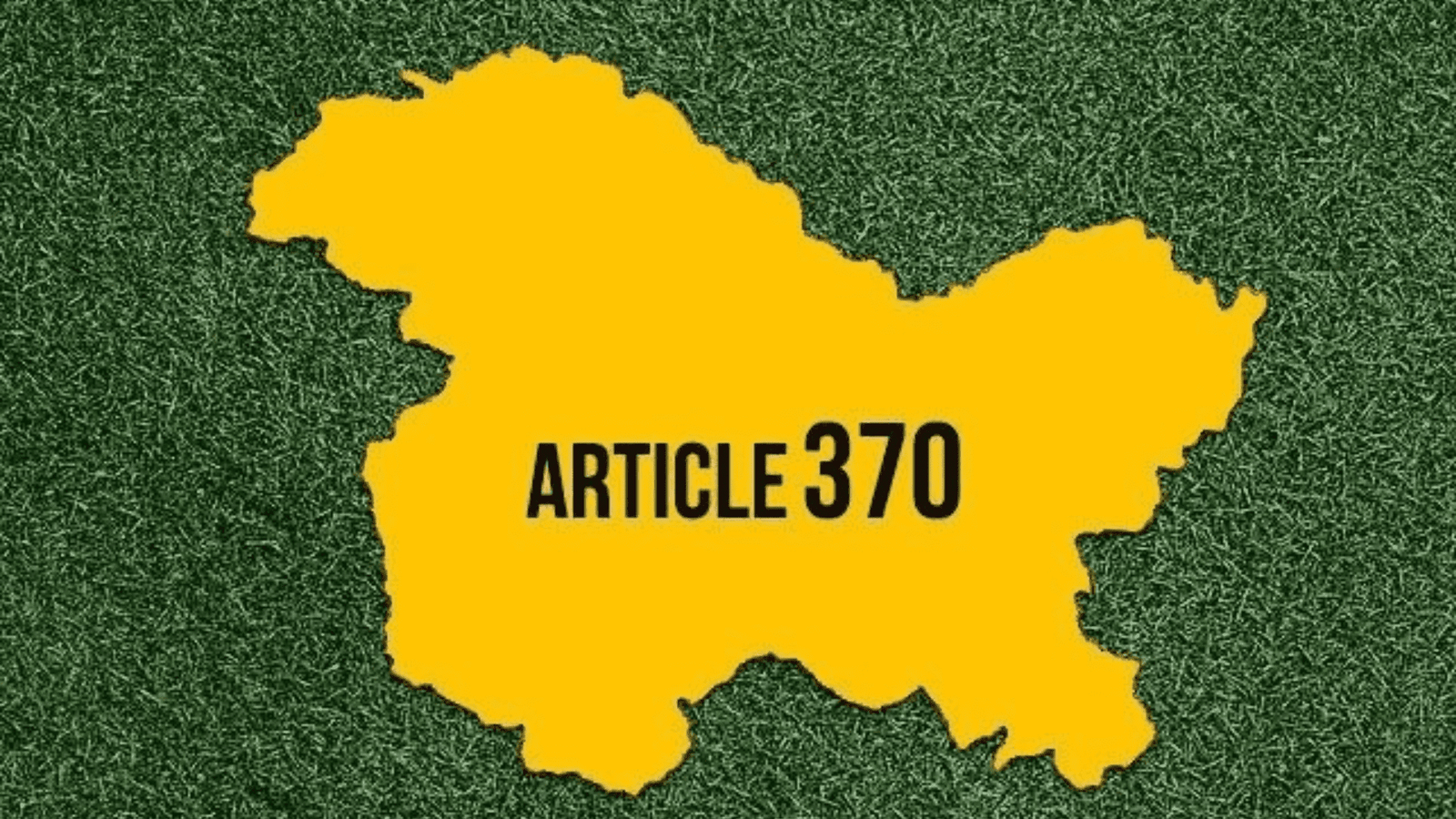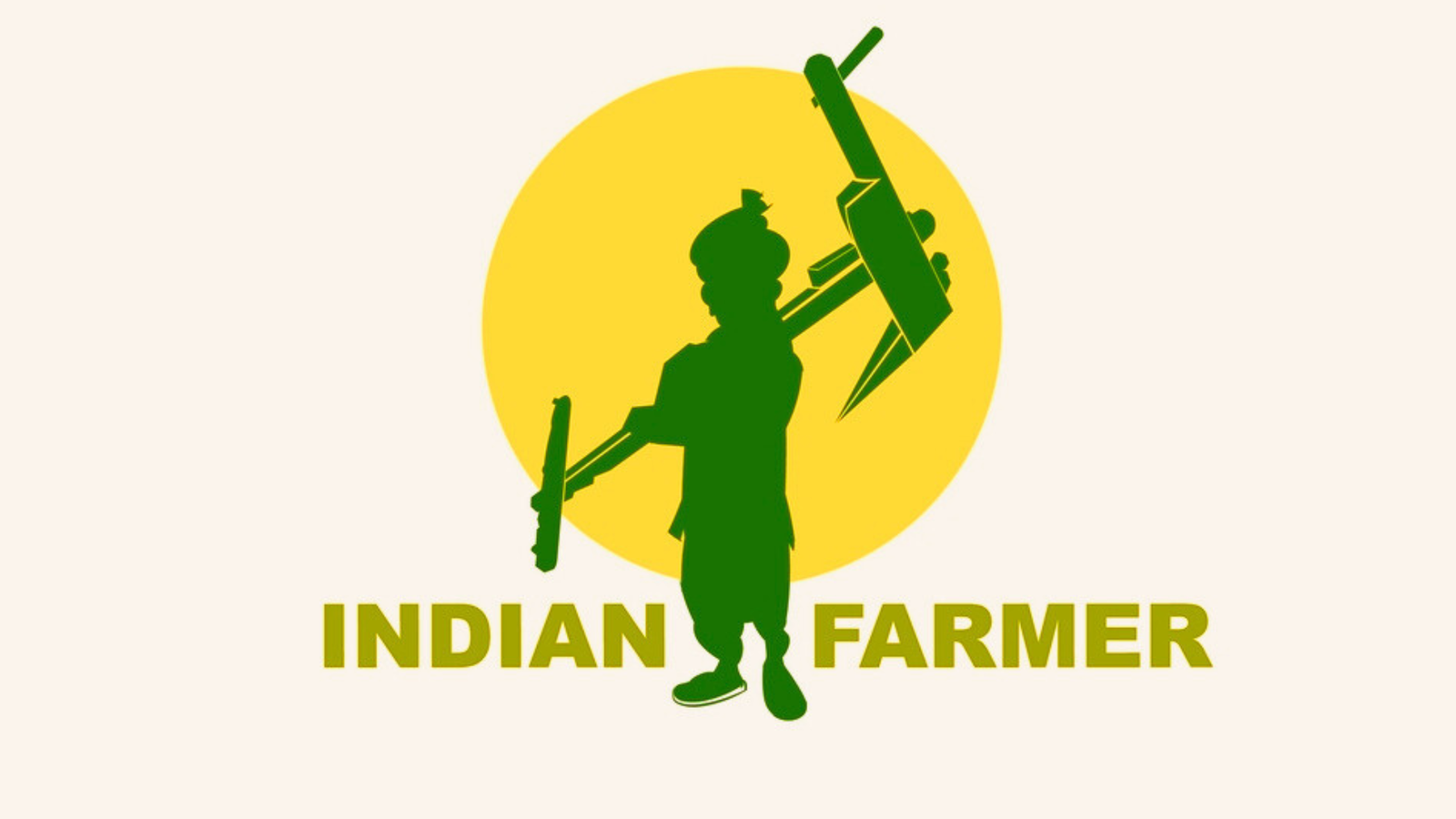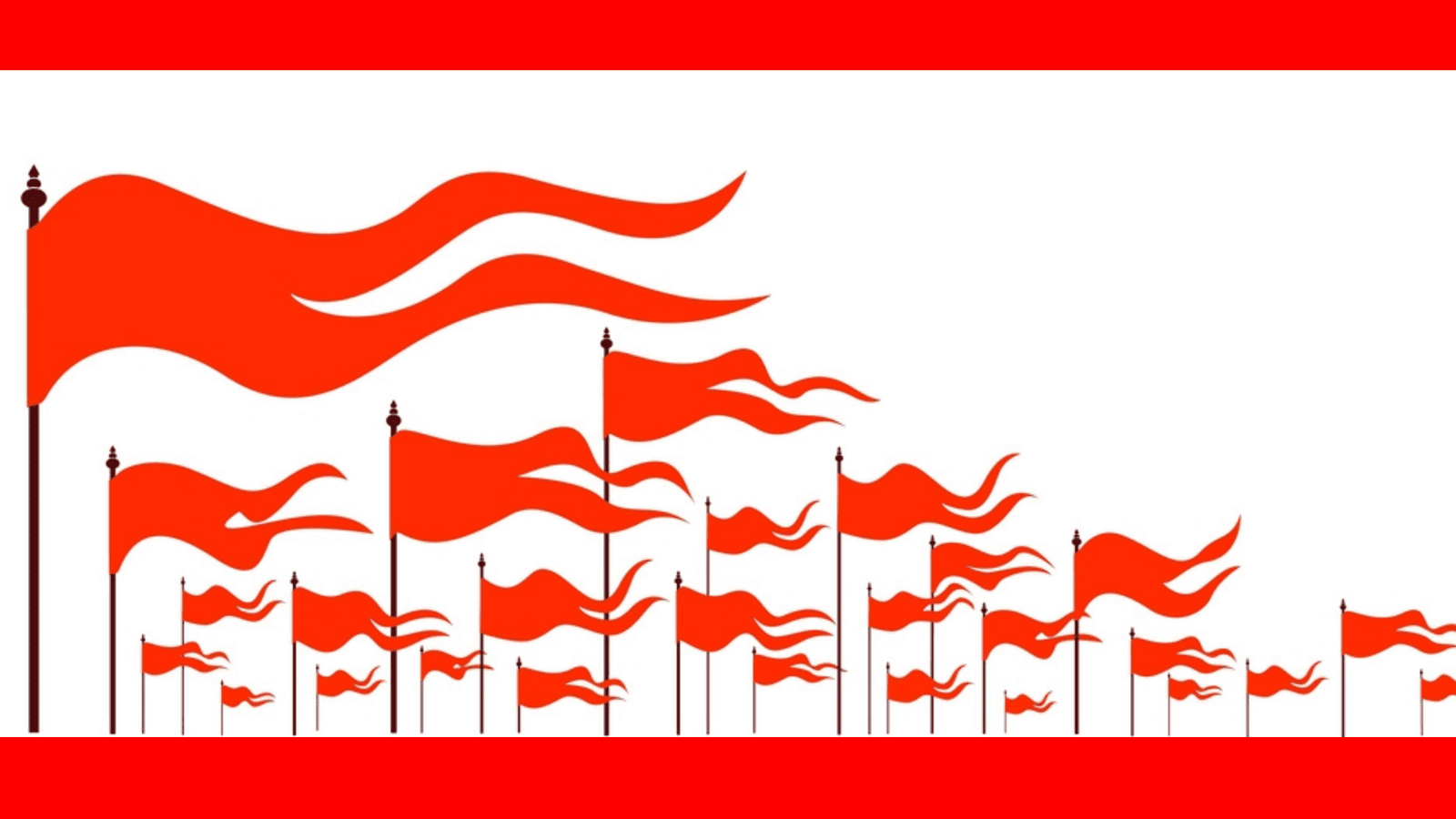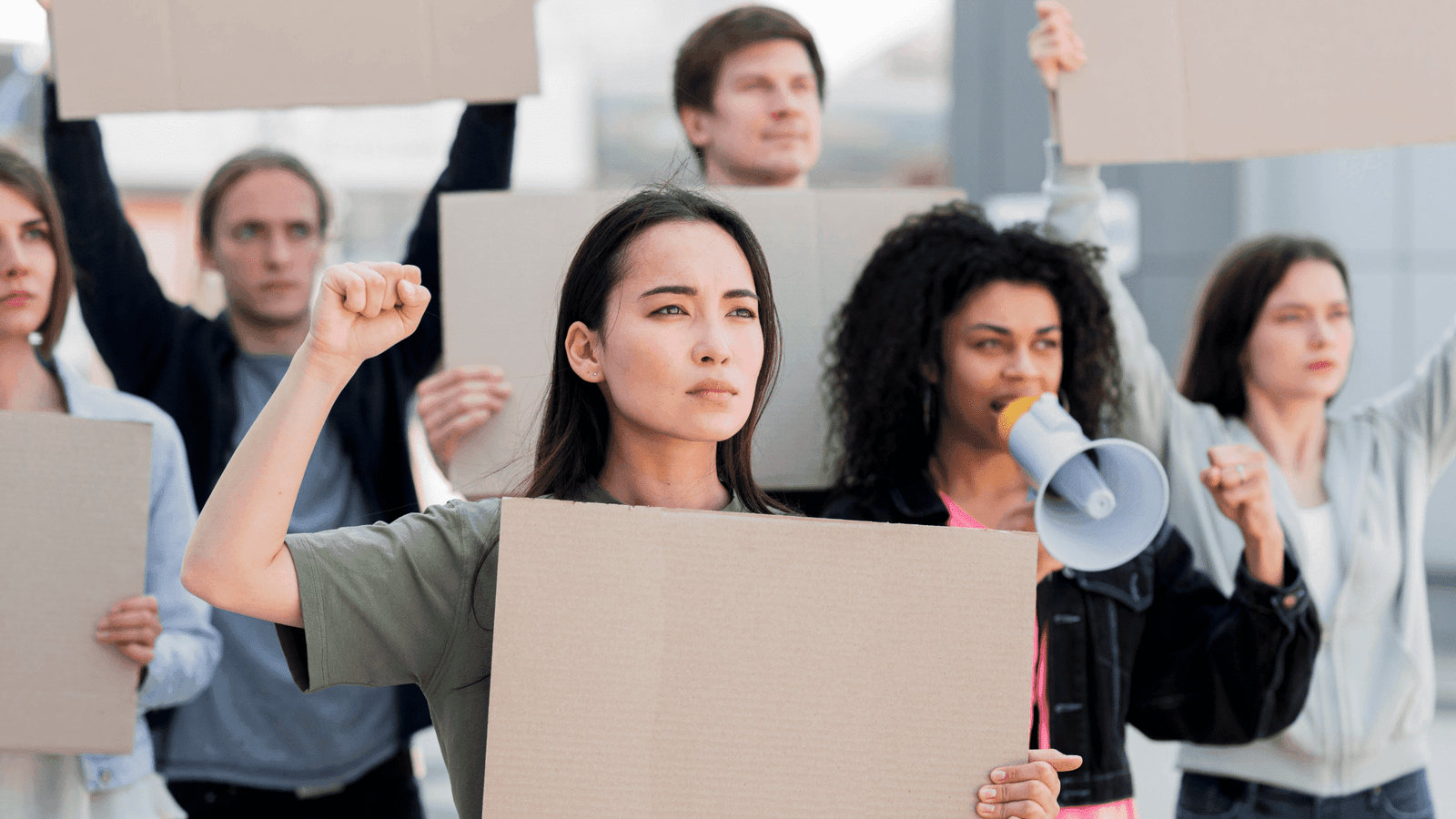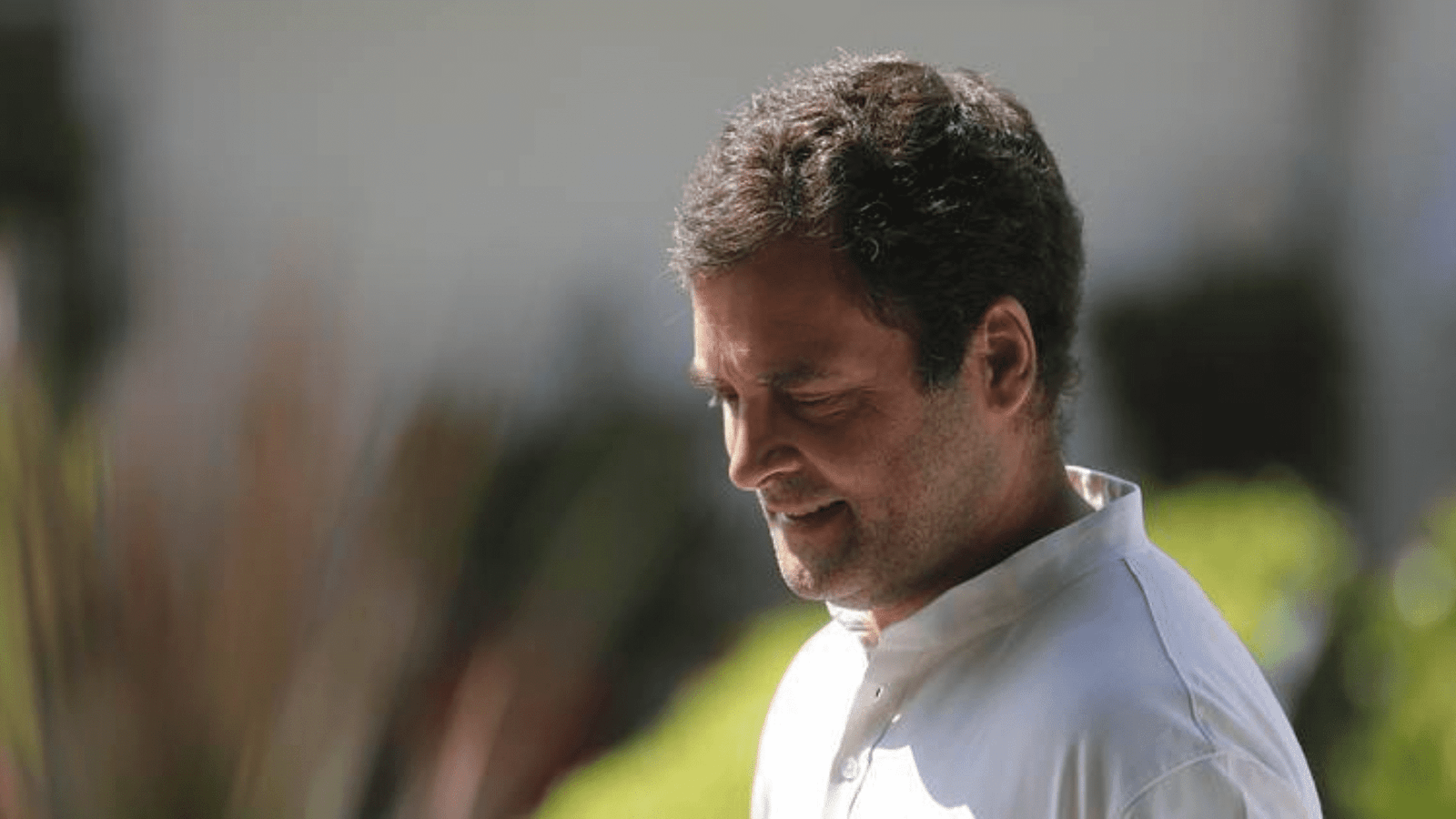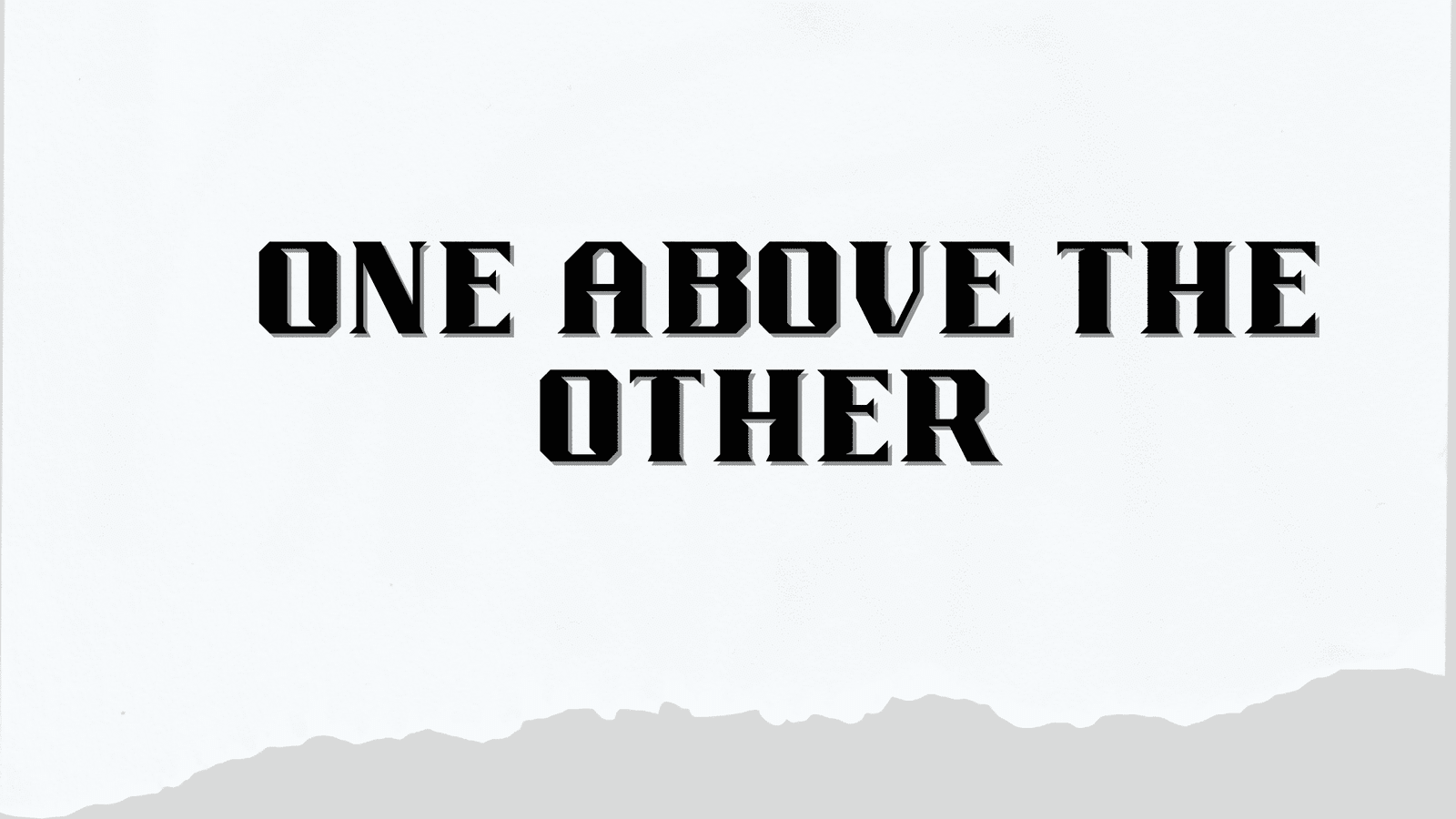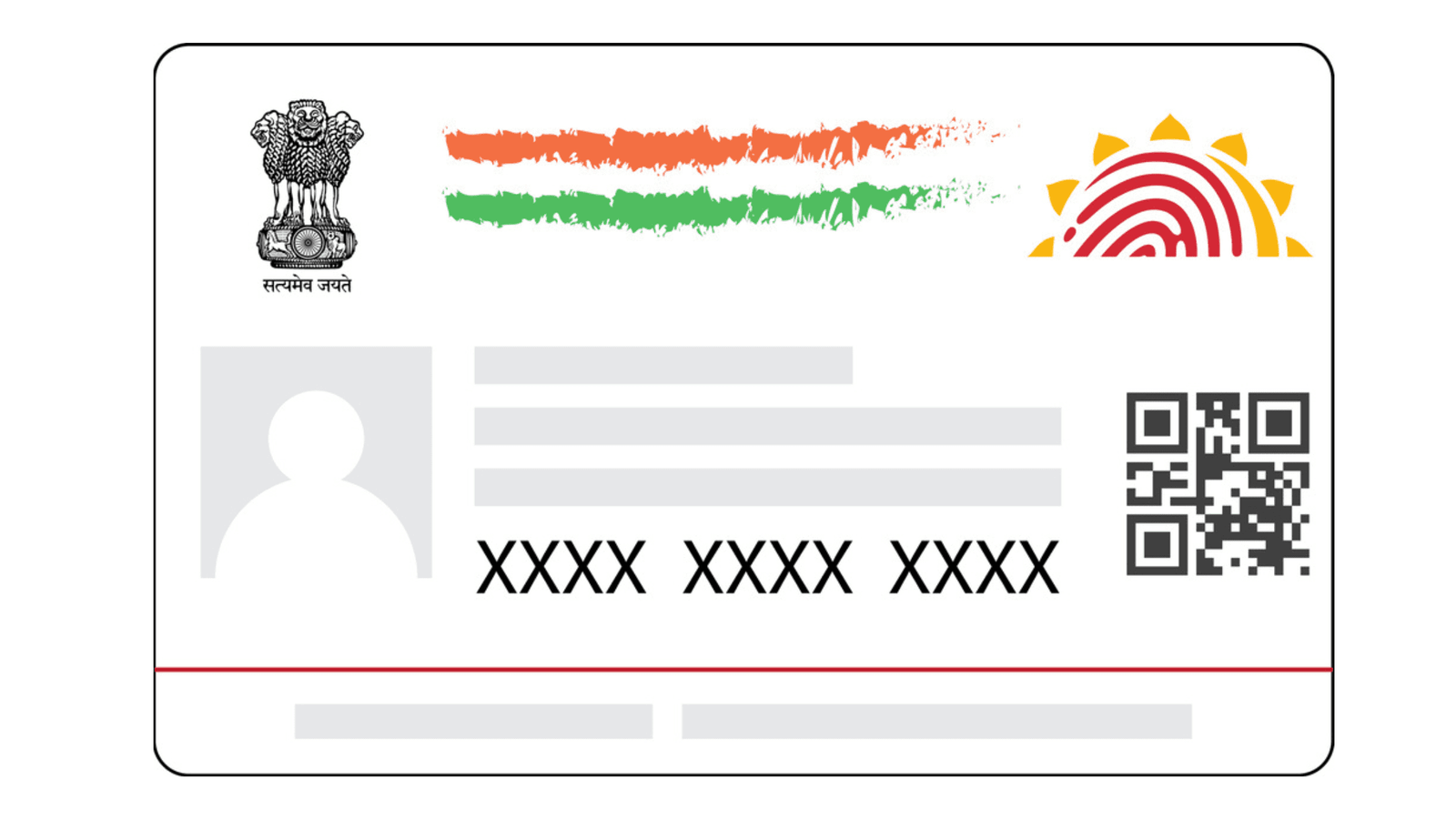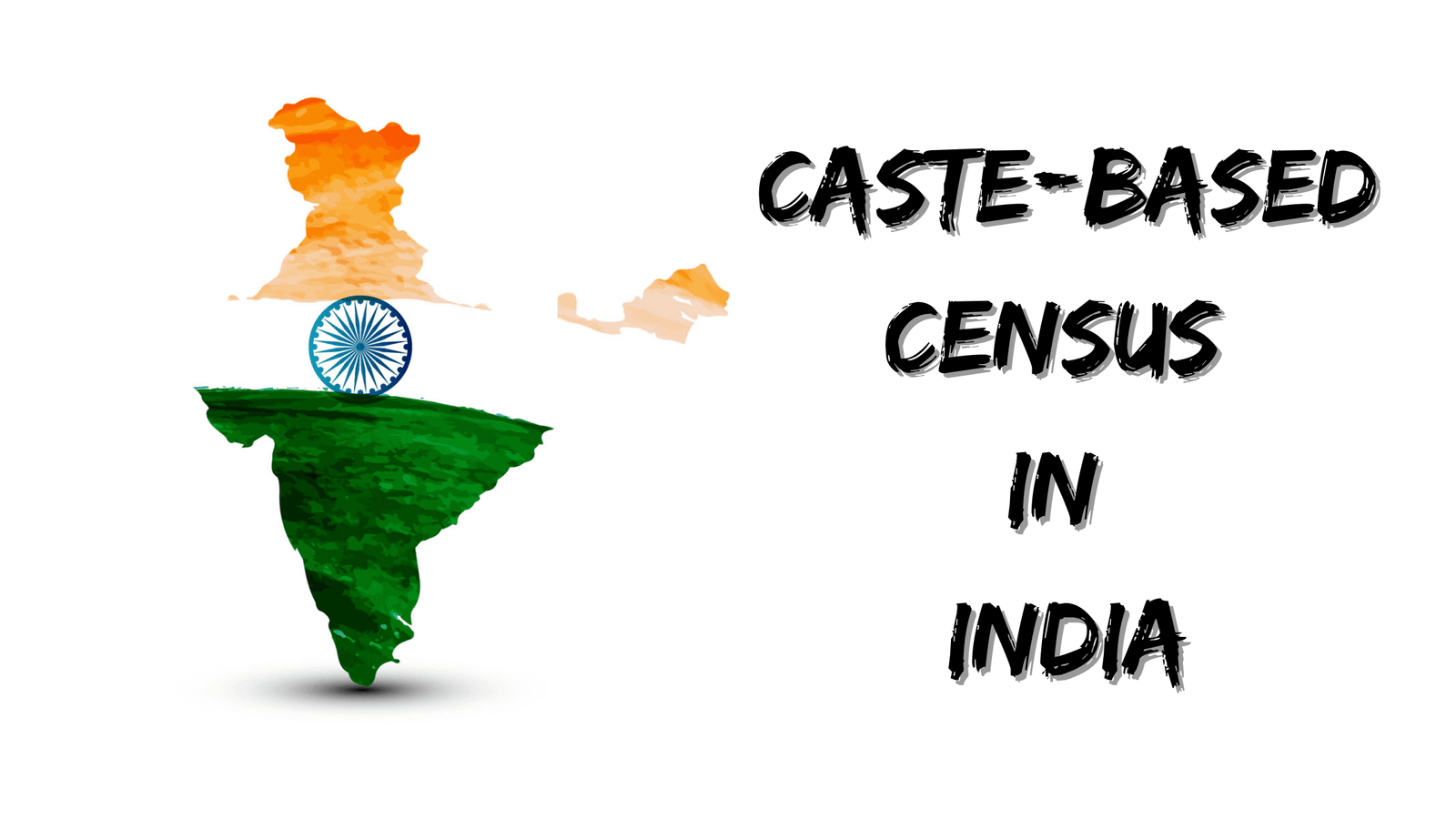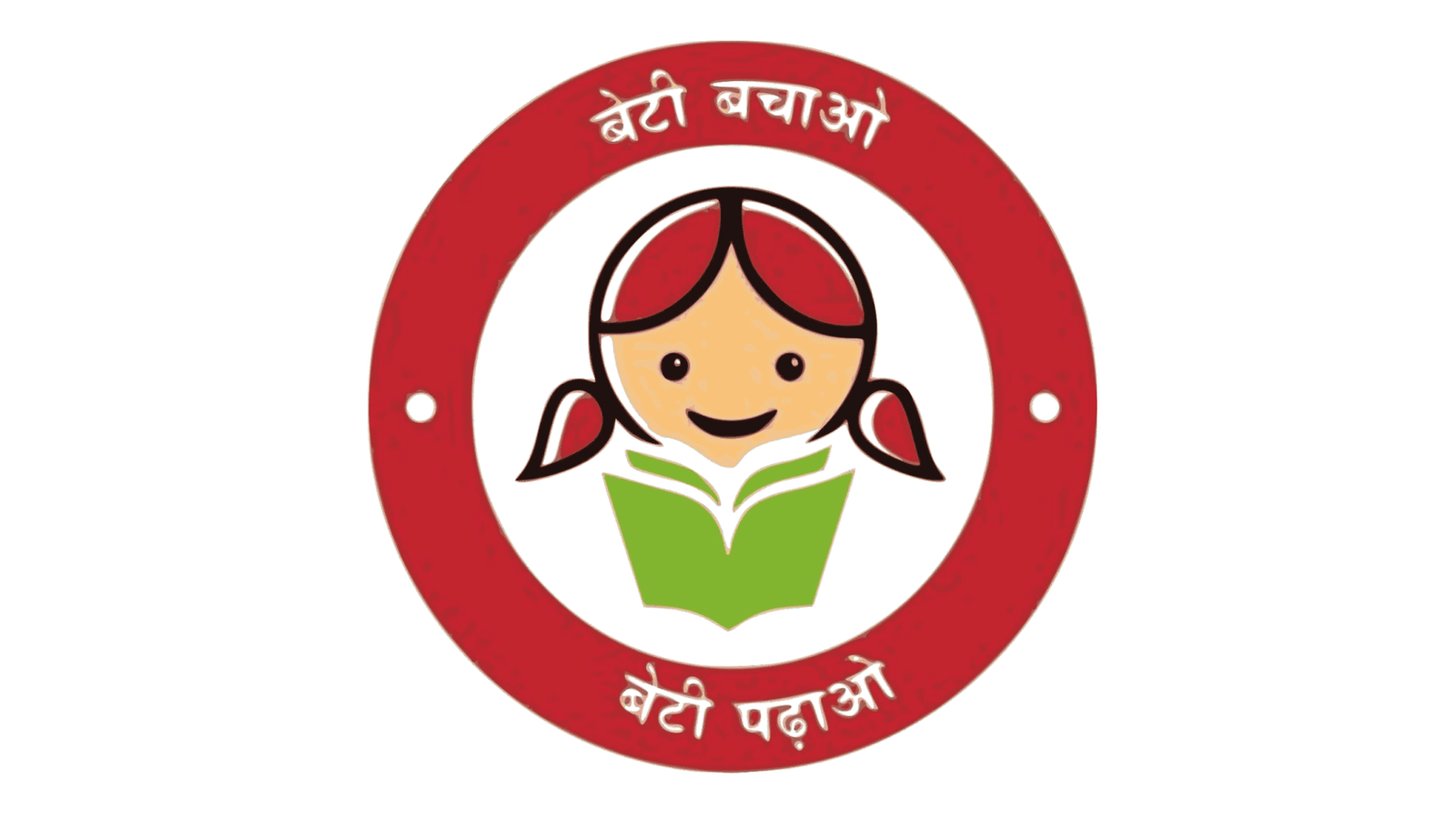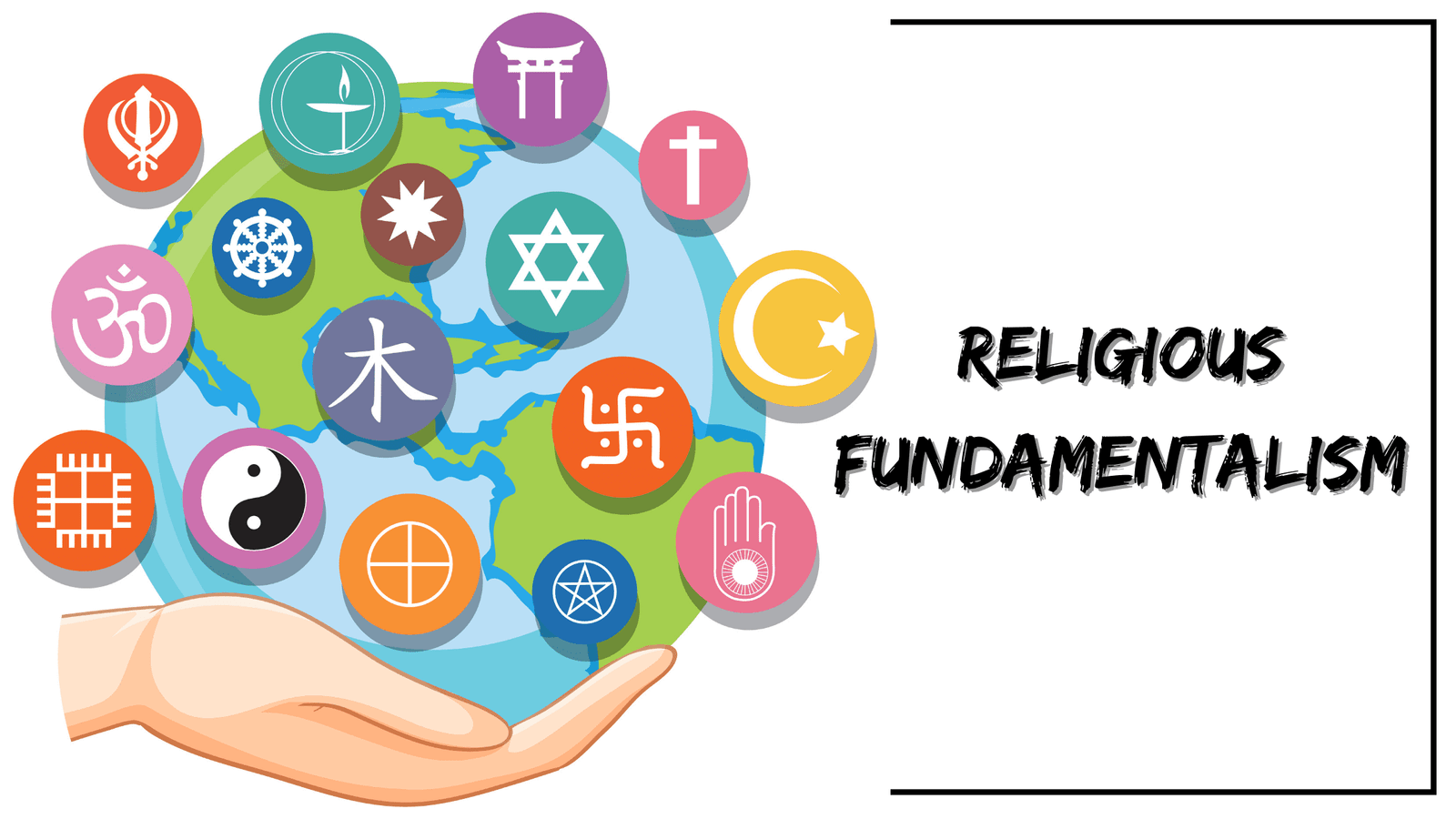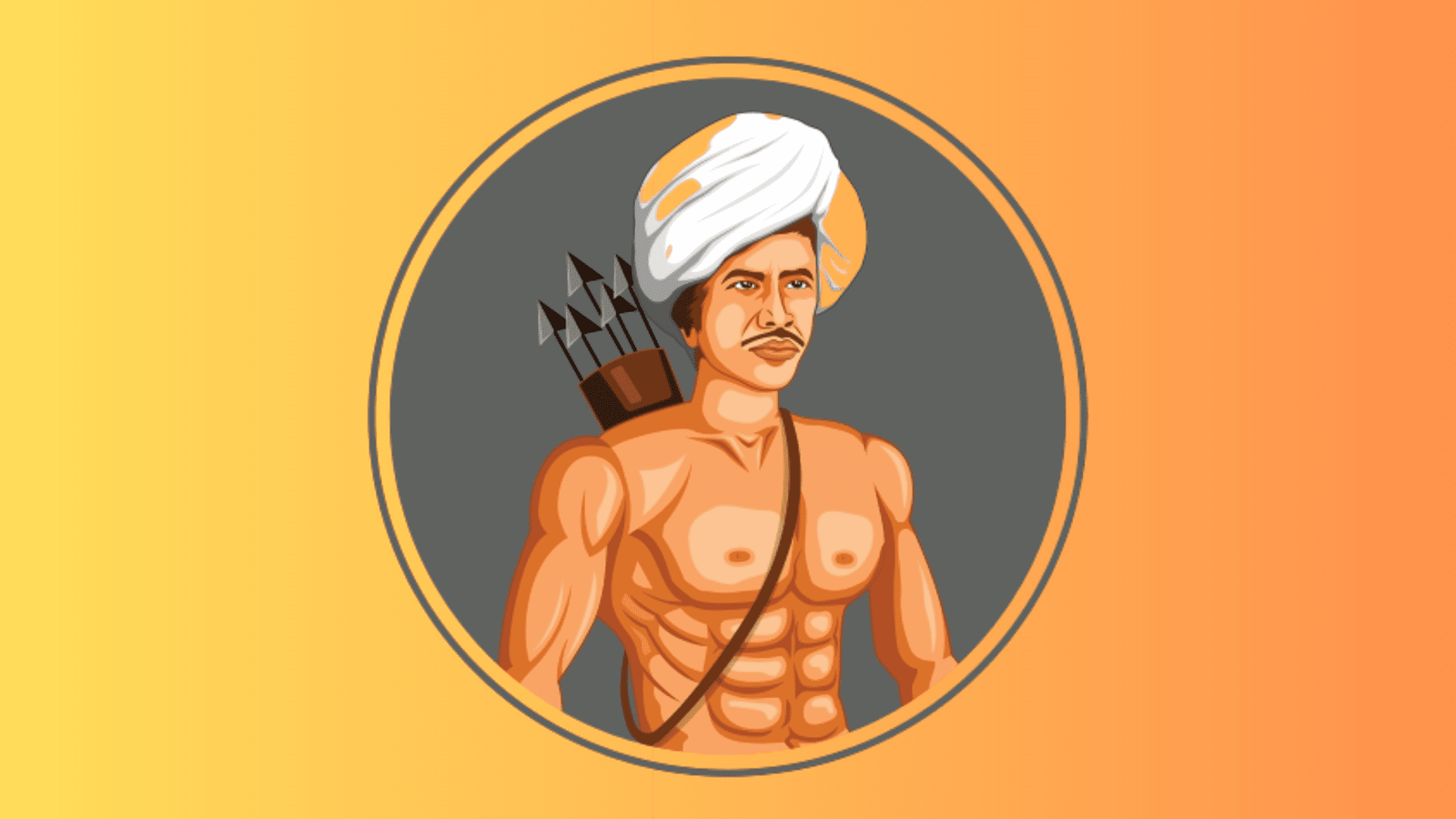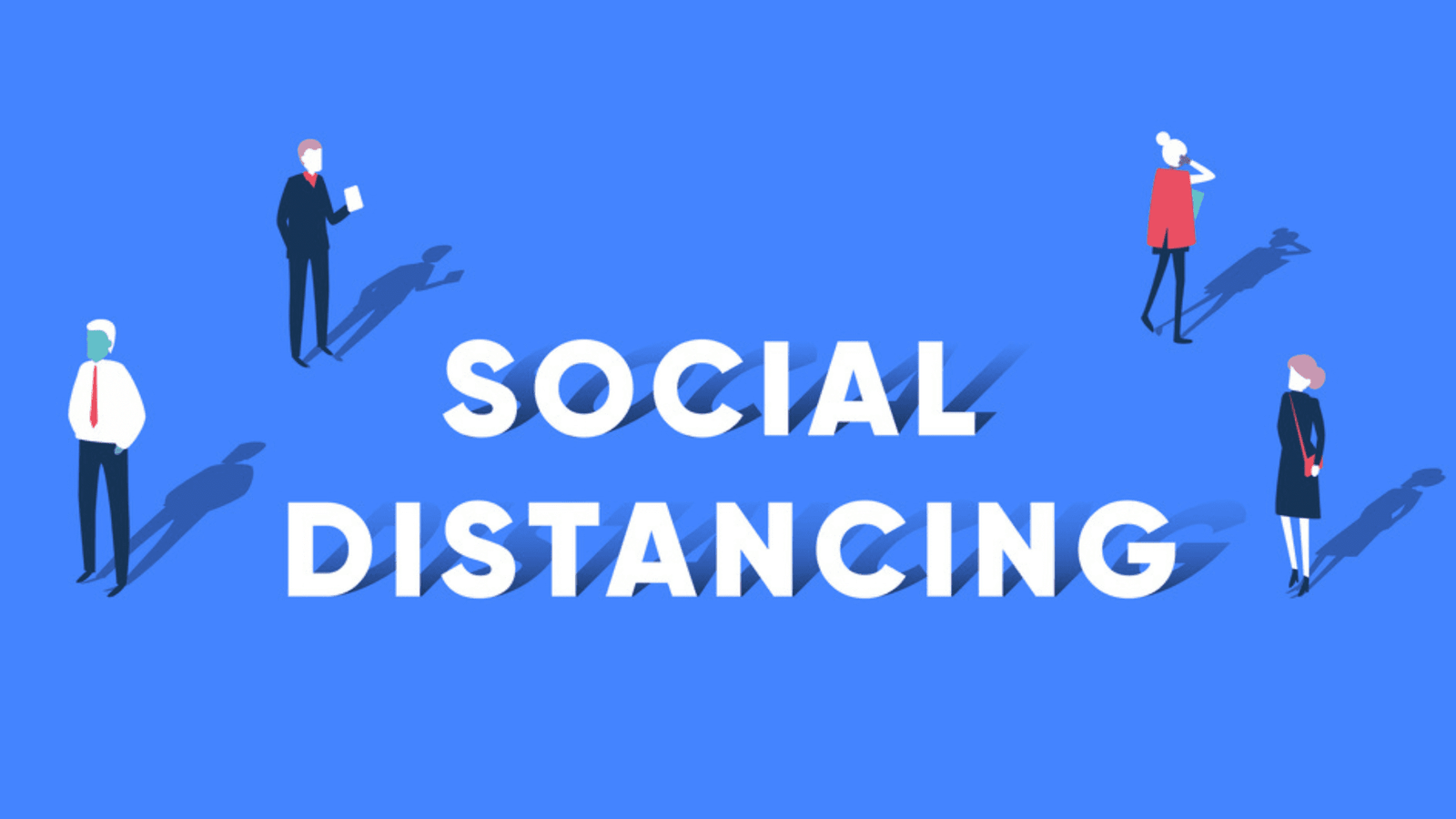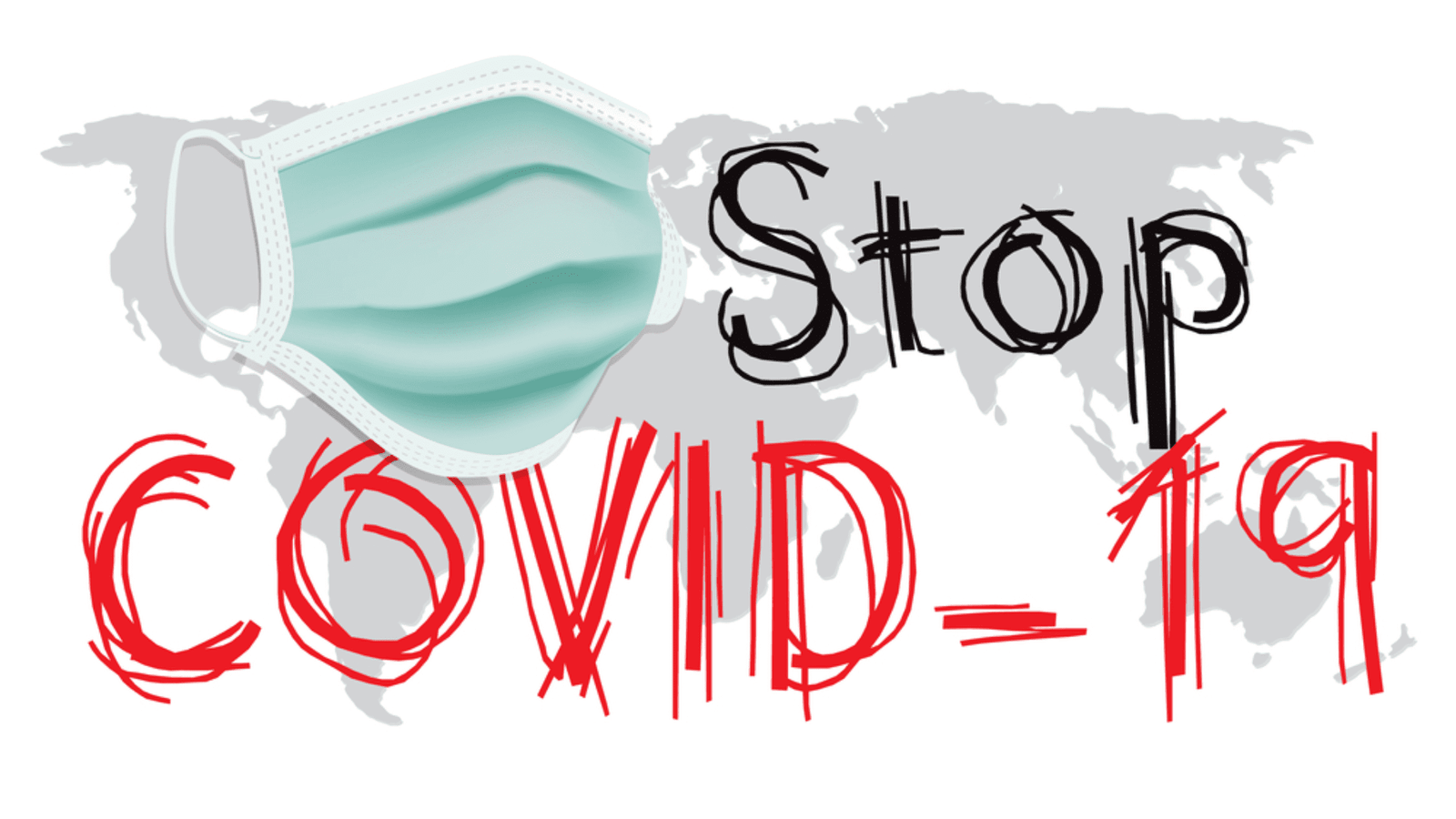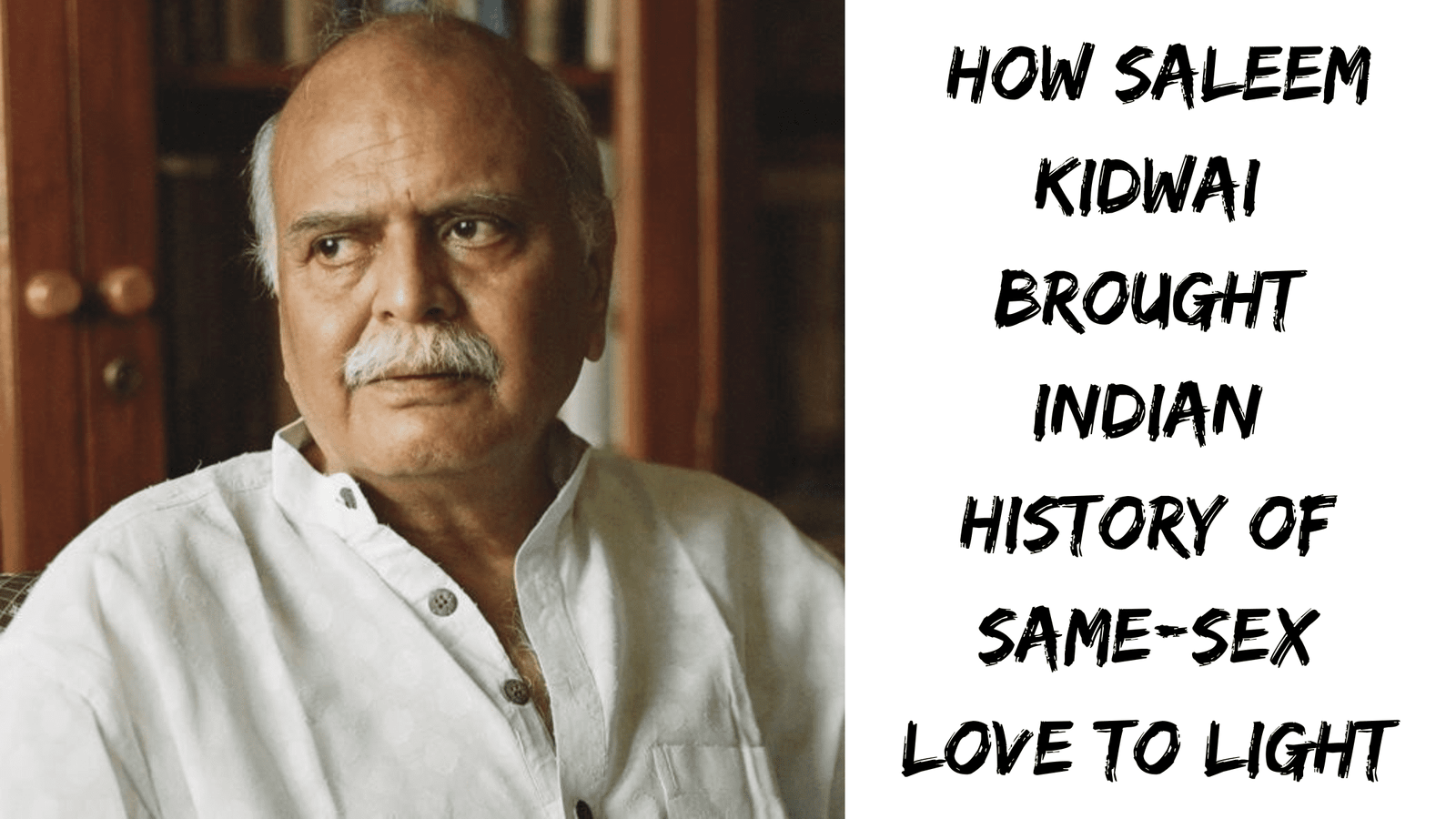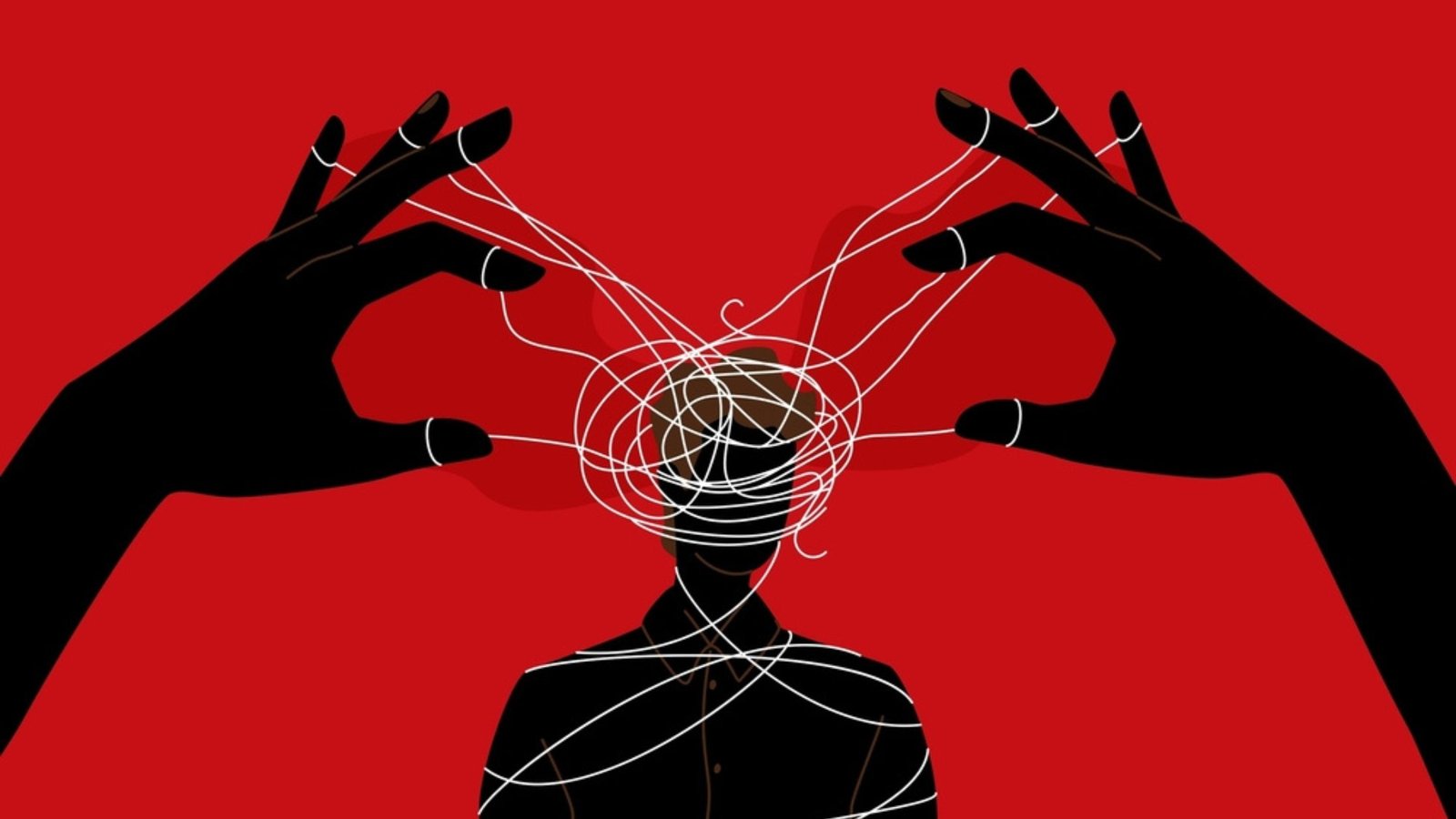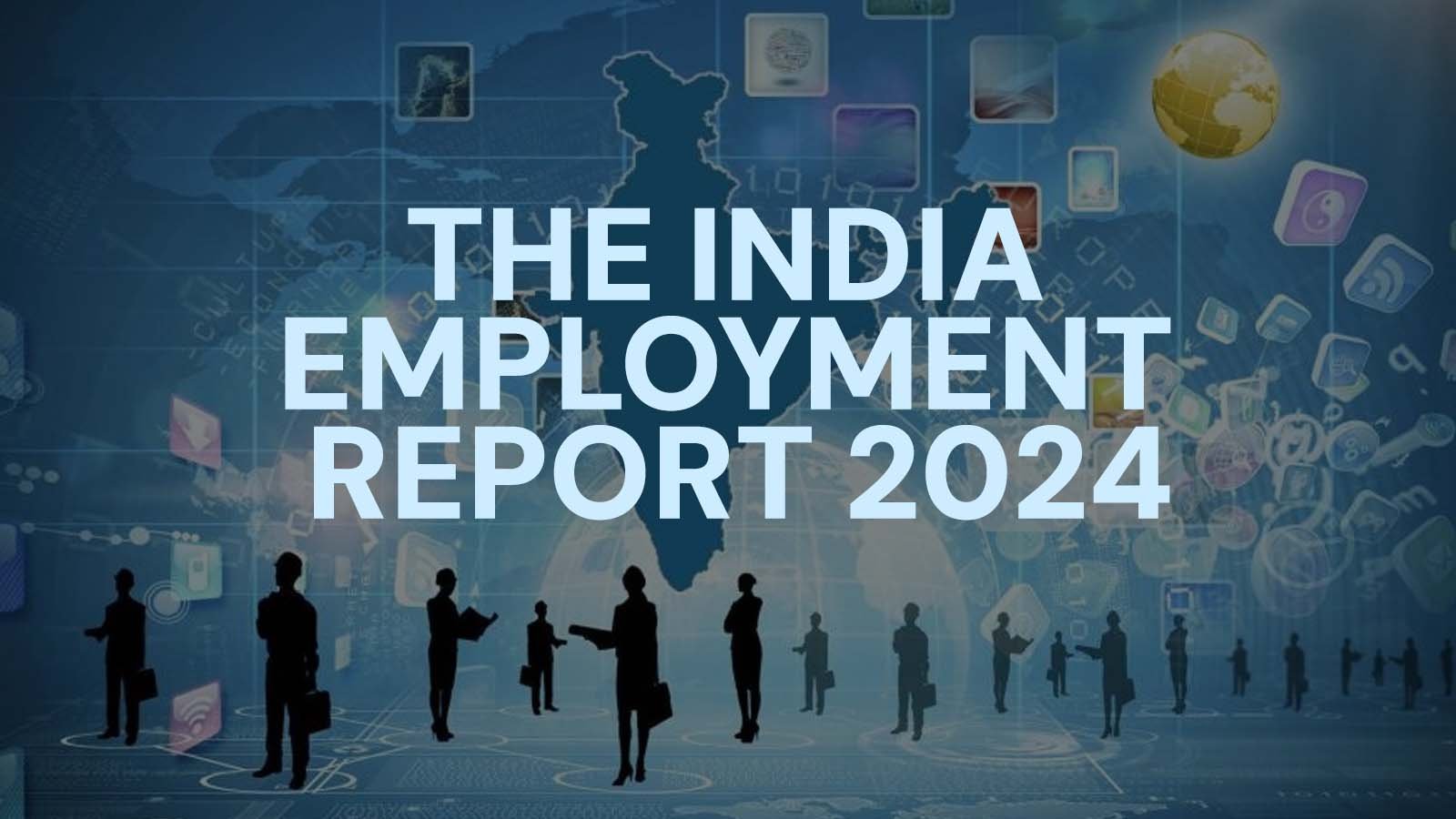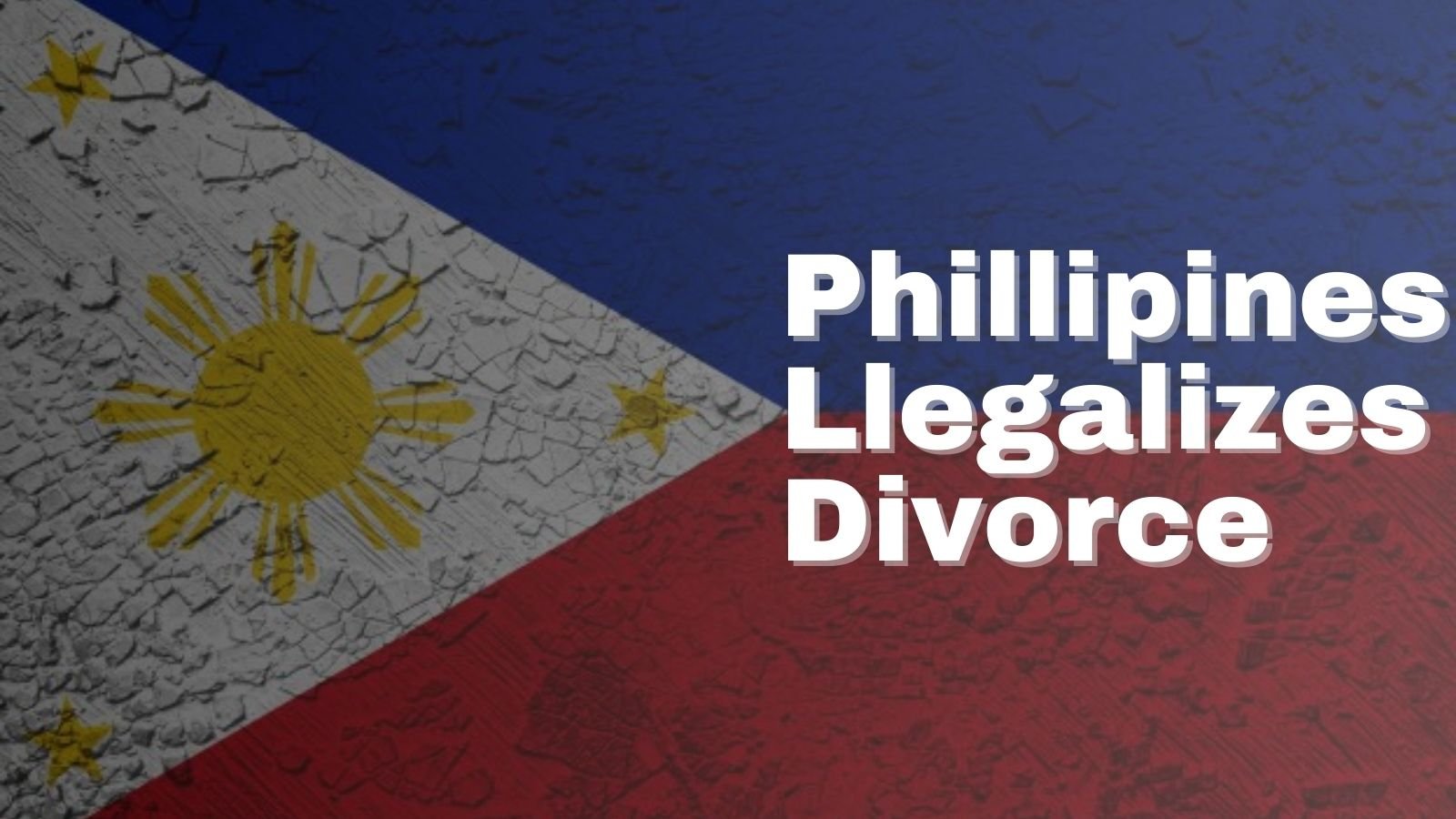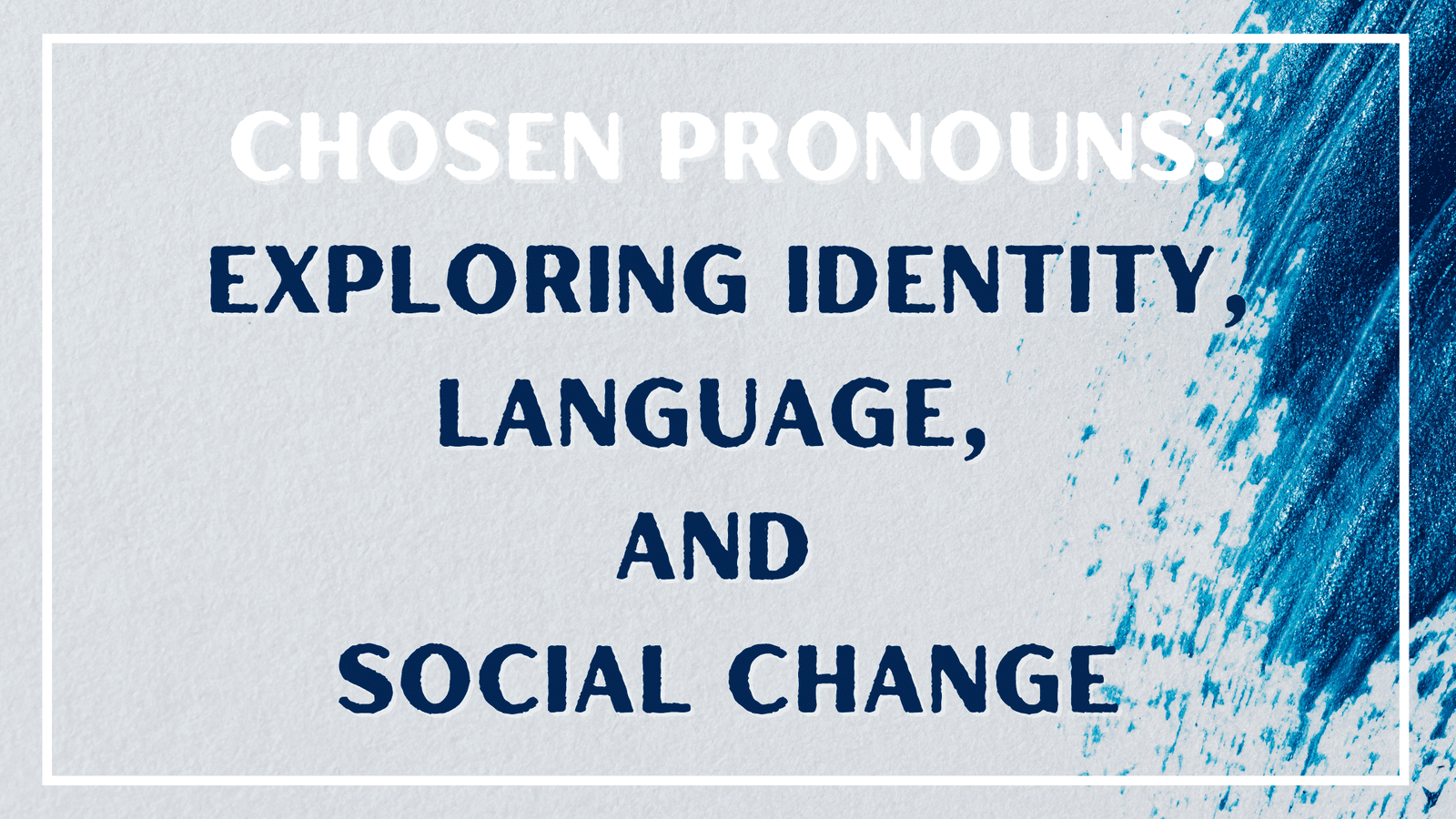
In recent years, the concept of chosen pronouns has emerged as a significant aspect of language and identity. This article delves into the sociological dimensions of chosen pronouns, examining the viewpoints of Indian and Western sociologists and social scientists, and highlighting key theories, concepts, and empirical evidence surrounding this evolving topic.
Understanding Chosen Pronouns:
Chosen pronouns refer to the personal pronouns that individuals select to align with their gender identity. While traditionally, pronouns have been limited to binary categories of "he" and "she," the recognition of non-binary and gender-fluid identities has led to the adoption of a wider range of pronouns, such as "they," "ze," "xe," and others. Chosen pronouns allow individuals to express and affirm their gender identity and challenge the binary construct of gender.
Sociological Perspectives on Chosen Pronouns:
Sociologists employ various theories and perspectives to analyze chosen pronouns and their implications. Erving Goffman's theory of symbolic interactionism emphasizes how language and symbols shape social interactions and identity formation. Chosen pronouns can be seen as a symbolic expression of one's gender identity, influencing how individuals are perceived and treated within social contexts.
Indian Perspectives on Chosen Pronouns:
Indian sociologists have contributed diverse perspectives to the understanding of chosen pronouns in the Indian context. Gita Chadha has explored the complexities of gender identity and the negotiation of chosen pronouns in the Indian society. Ashwini Sukthankar has emphasized the importance of language as a tool for self-expression and empowerment, including the use of chosen pronouns.
Language and Identity:
Language plays a crucial role in shaping individual and collective identities. The adoption of chosen pronouns reflects a shift towards more inclusive language practices that acknowledge and respect diverse gender identities. Linguistic changes can promote social change, challenge gender norms, and create spaces for self-affirmation and belonging.
Legal Recognition and Institutional Support:
The legal recognition of chosen pronouns varies across different jurisdictions. Some countries and organizations have implemented policies that accommodate chosen pronouns, allowing individuals to use their preferred pronouns in official documents and interactions. This recognition provides a sense of validation and protection for individuals whose identities may not align with traditional gender norms.
Intersectionality and Chosen Pronouns:
The intersectionality of gender identity with other social categories, such as race, class, and sexuality, shapes the experiences of individuals using chosen pronouns. Understanding the unique challenges faced by individuals at the intersections of multiple marginalized identities is crucial for creating inclusive spaces and dismantling systems of oppression.
Resistance and Social Change:
The adoption of chosen pronouns has sparked resistance from those who resist expanding gender categories and traditional norms. However, the growing visibility and acceptance of chosen pronouns reflect broader social changes and an increasing recognition of diverse gender identities. Activists, scholars, and communities advocating for chosen pronouns challenge societal norms and foster dialogue about gender, language, and identity.
Conclusion:
The concept of chosen pronouns reflects the ongoing transformation of gender identities and language practices. Sociological perspectives provide valuable insights into the significance of chosen pronouns for individual empowerment, social inclusion, and the dismantling of gender binaries. By embracing and respecting chosen pronouns, we can foster a more inclusive and affirming society that honors and celebrates the diversity of gender identities.
References:
- Goffman, Erving. The Presentation of Self in Everyday Life.
- Chadha, Gita. "Gender, Identity, and the Negotiation of Public Spaces."
- Sukthankar, Ashwini. "Language and Power: Perspectives on Social Change."
- Chosen Pronouns and Gender Identity: A Sociological Perspective - Research Study by the XYZ Research Institute.
- Legal Recognition of Chosen Pronouns - Comparative Analysis by the ABC Legal Center.
